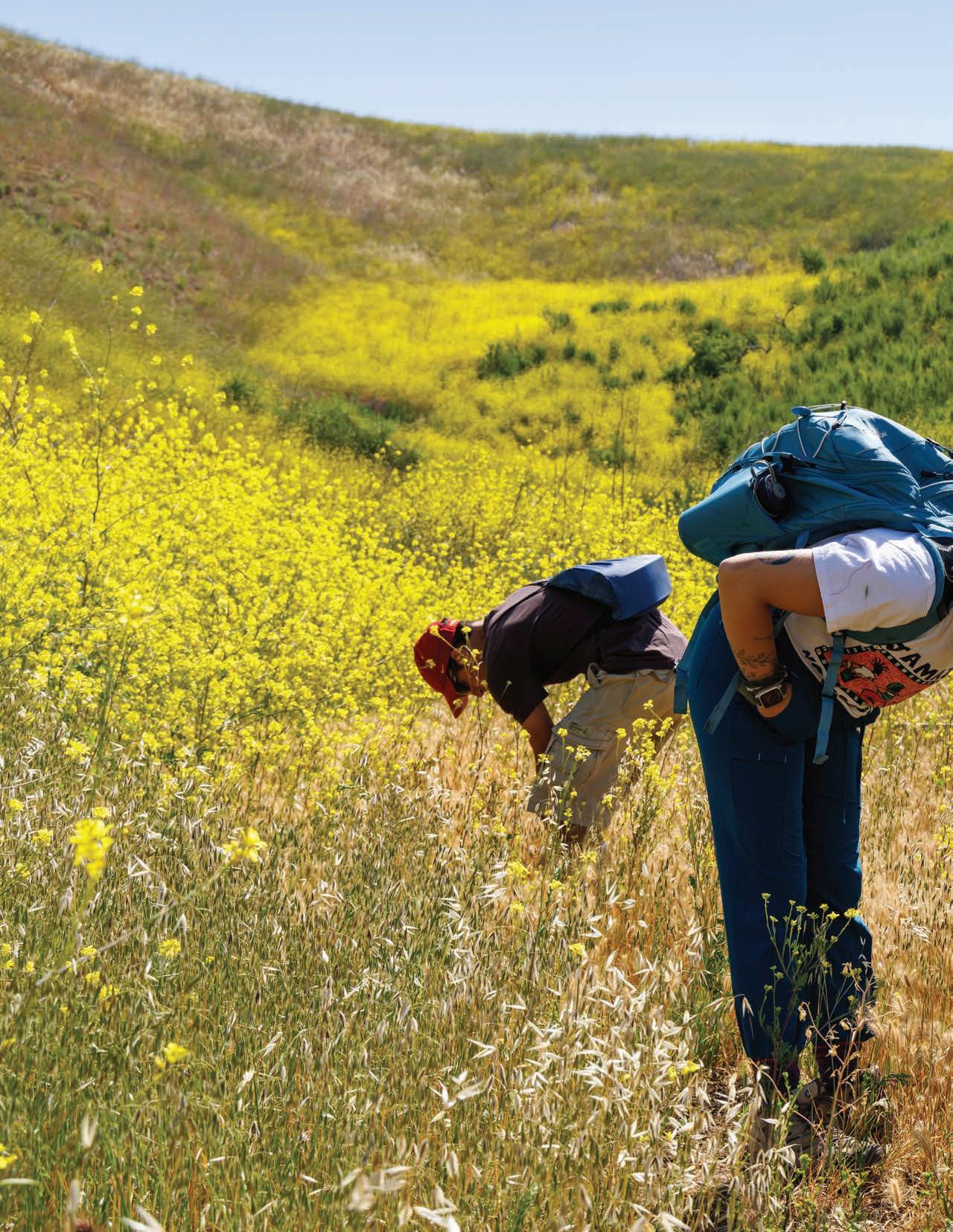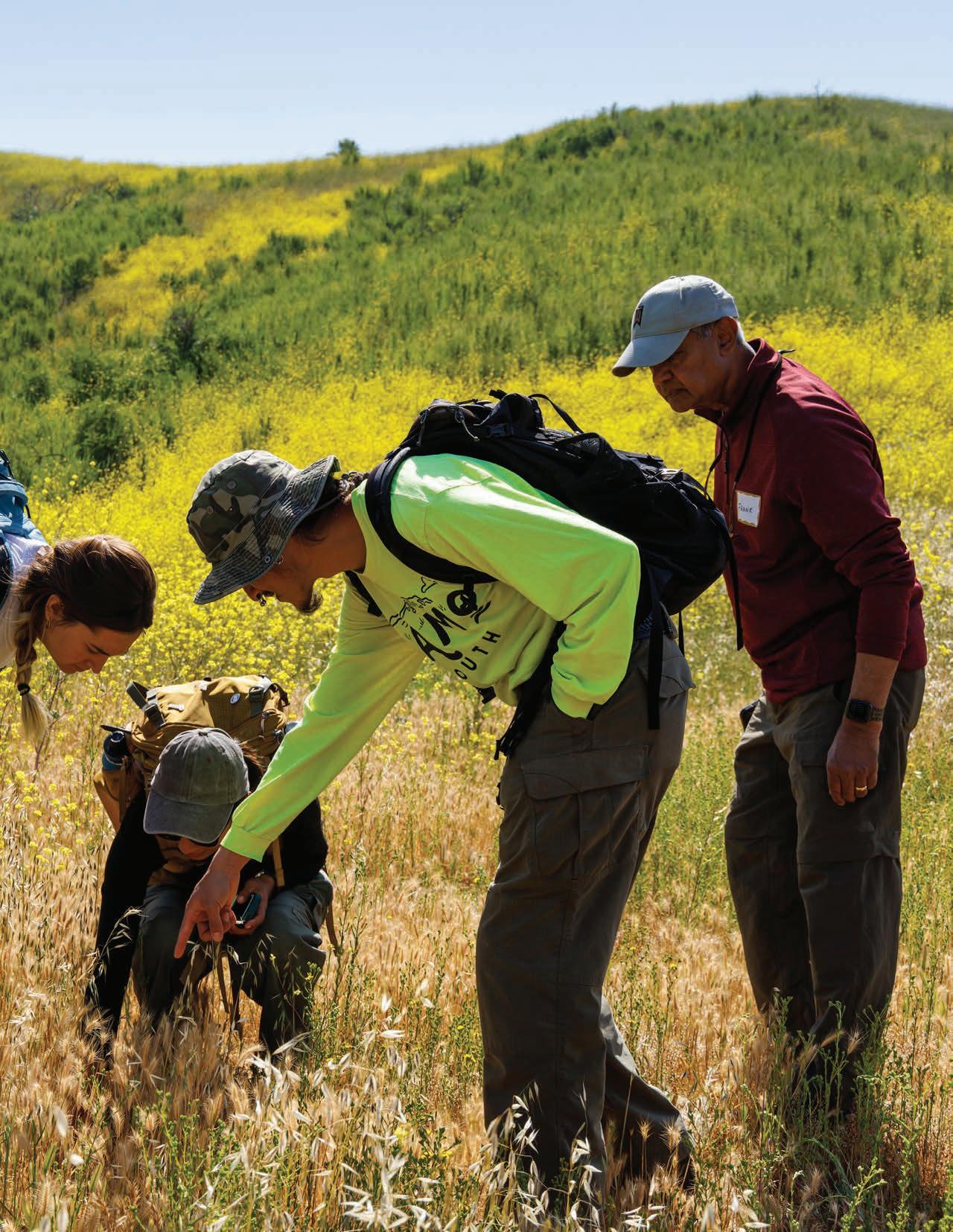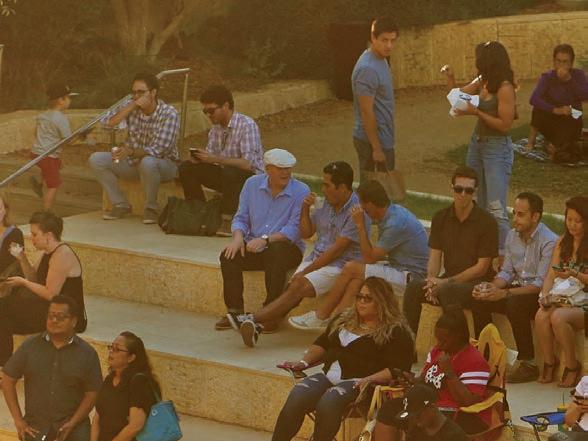
Natural
History Museums of Los Angeles County
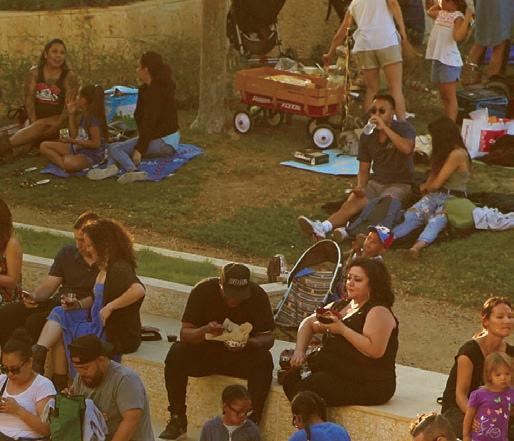




History Museums of Los Angeles County



Report
(Inception – FY24)
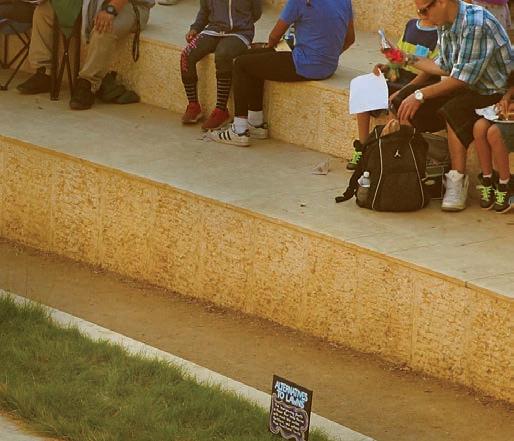
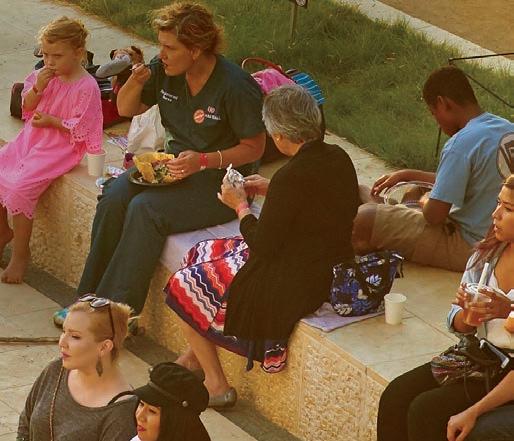

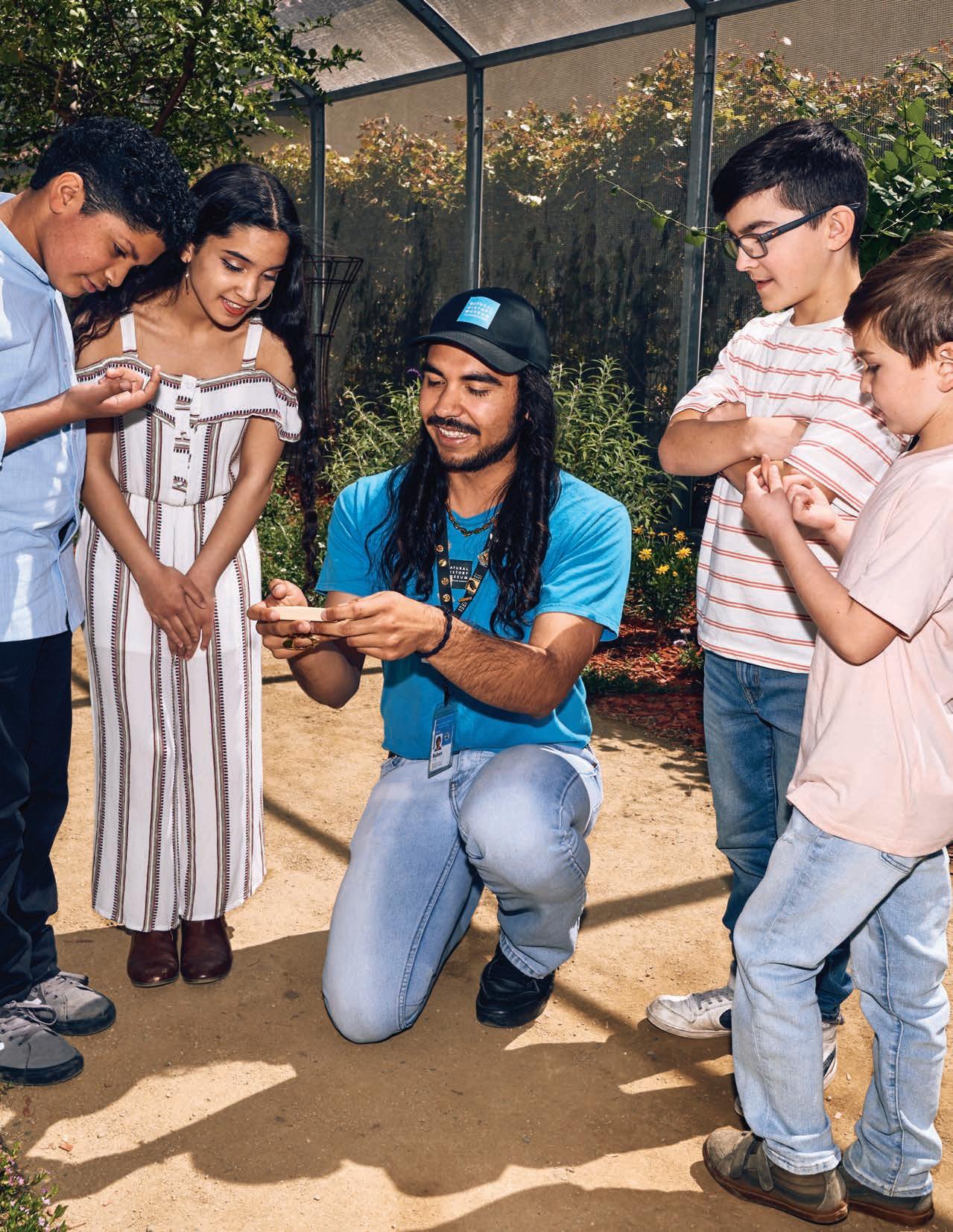
From the President and Director
NHMLAC’s IDEA Action Plan defines four goals with key progress indicators. More information begins on Page 26.
In FY24, we made significant strides in increasing the diversity of our workforce. Specifically, 74% of 106 new staff members, including paid apprentices, identified as BIPOC, reflecting a 5% increase from FY23. These figures, combined with our efforts to promote internal advancement for BIPOC employees, underscore our ongoing commitment to building a workforce that truly reflects the diversity of Los Angeles County.
Goal 2: Foster a Safe, Welcoming, and Nurturing Environment for Staff, Especially Those in the Intersectional BIPOC Community
To support this goal, we implemented comprehensive training programs designed to foster an inclusive and supportive environment. Our voluntary IDEA training progression, with a remarkable 96% completion rate, equips staff with the knowledge and tools needed to recognize and address biases, practice inclusion, and create a welcoming workplace.
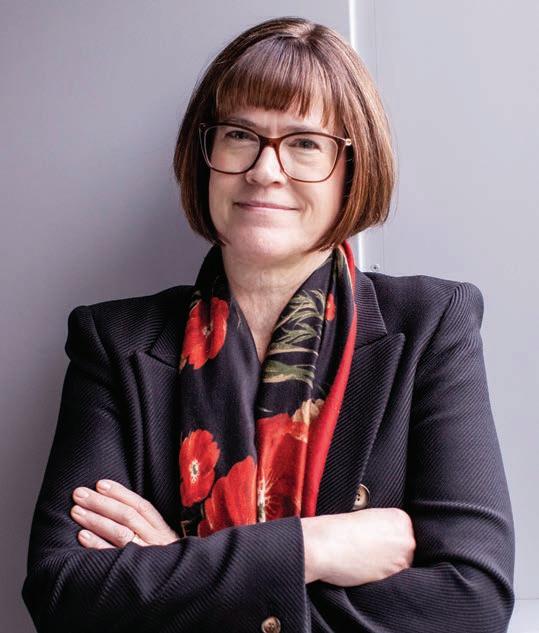
I AM PLEASED TO SHARE THIS REPORT on the Natural History Museums of Los Angeles County’s progress and ongoing work in embedding the values of Inclusion, Diversity, Equity, and Access (IDEA) into all that we do. The report highlights the advancements we have made, along with key metrics that demonstrate our progress and indicate where continued efforts are needed. We remain deeply committed to the work necessary to intentionally creating a culture of belonging for our staff, visitors, and stakeholders.
IDEA is fundamental to our institution. At the foundation of our IDEA work is the vital recognition that the land—on which we carry out our mission
every day—was once and continues to be cared for by vibrant Native American communities, whose elders and descendants we seek guidance from and partnership with to inspire wonder, discovery, and responsibility for our natural and cultural worlds.
L.A. County is a tapestry of diverse cultures and communities, home to more than 10 million residents with nearly three-quarters identifying as People of Color. NHMLAC’s workforce now reflects this rich diversity more closely than ever before, with 70% identifying as BIPOC (Black, Indigenous, and People of Color), exceeding the 49% average across other L.A. County arts and culture institutions. Notably, 78% of the 77 promotions this year were awarded to BIPOC employees, marking a significant 23% increase from the previous year. As trailblazers in adopting the goals of L.A. County’s Racial Equity Plan and the Department of Arts & Culture Cultural Equity and Inclusion Initiative (CEII), NHMLAC has emerged as a leader in fostering a diverse and inclusive workplace, setting new industry standards.
Museums worldwide are confronting a legacy of colonialism, which has, through systems of racism and patriarchy over centuries, influenced collections, research, and other practices. I am proud of our institution’s accomplishments; our willingness to listen, learn, and adapt; and our continued commitment to making bold, systemic, institutional change, guided by our IDEA Transformational Framework and the accompanying Action Plan.
Goal 3: Strengthen Our Local Community
NHMLAC is deeply committed to cultivating meaningful relationships within L.A.’s cultural ecosystem, which we achieve primarily through co-creation, co-programming, and professional development. Through our strategic, innovative approach to STEAM (science, technology, engineering, arts, mathematics) pathways, which includes work-based learning, mentorship, and applied skill-building, we hired 65 interns and eight full-time apprentices from communities underrepresented in science fields—an impressive 70% increase from FY22, with 83% of these interns identifying as BIPOC. We also established dedicated staff positions to further uplift STEAM pathways, ensuring these opportunities reach a broad and diverse audience.
Goal 4: Create a Culture of Inclusiveness Through Education, Storytelling, and Visitor Experience
Our commitment to inclusiveness extends to every aspect of the visitor experience. We implemented institutional Welcome Days, including our first-ever Queer Family Day to welcome all guests. We expanded our Community Partners Program, which includes more than 48 robust partnerships with local organizations. Additionally, we have continued to emphasize accessibility with Sensory Friendly programs and field trips.
FROM THE PRESIDENT AND DIRECTOR
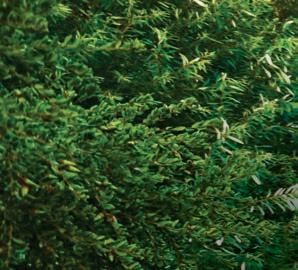
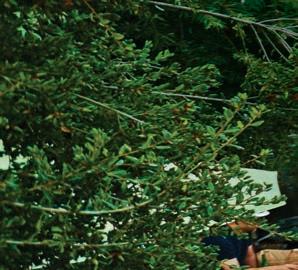
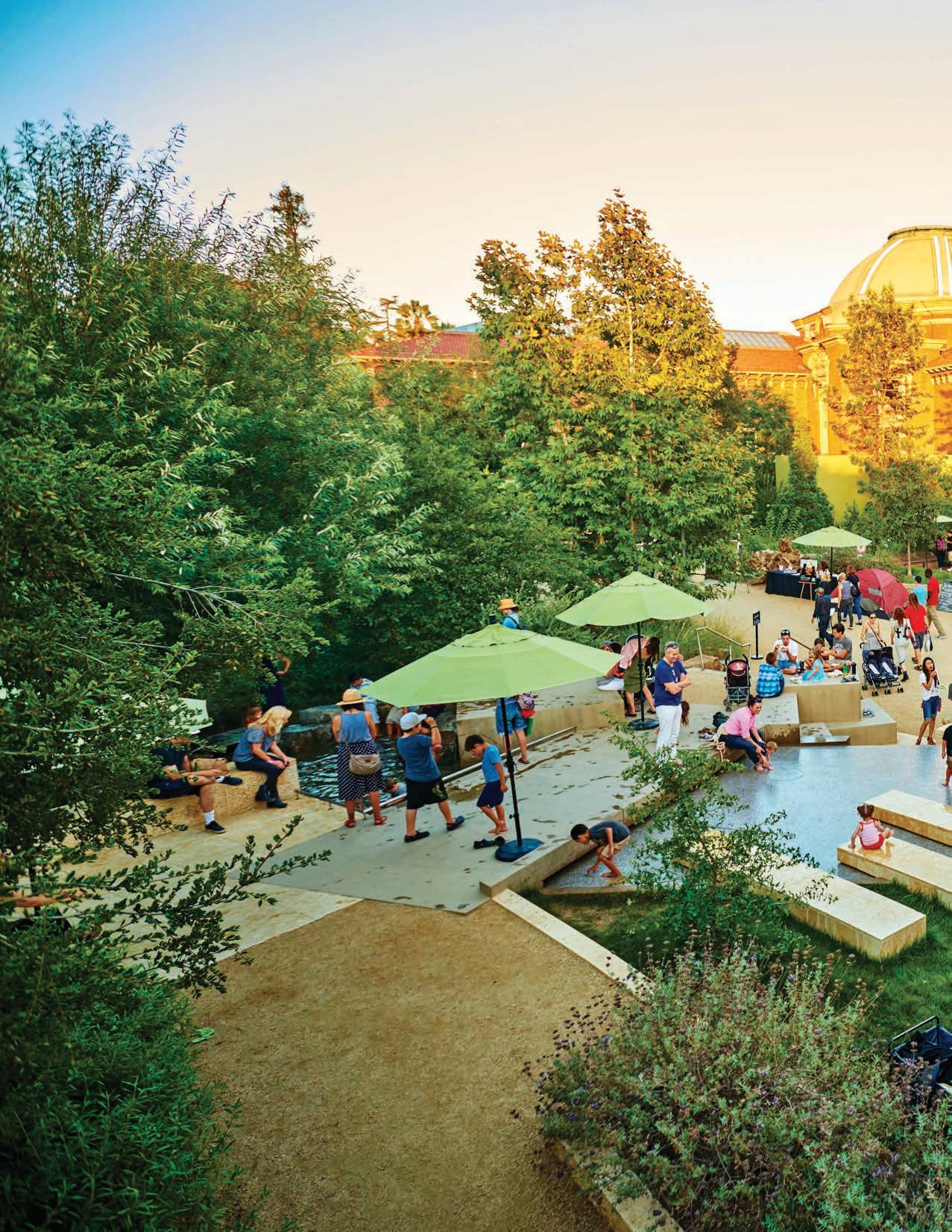
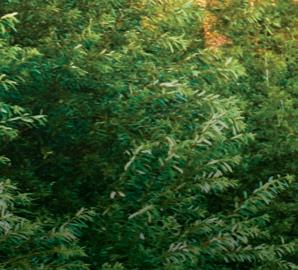
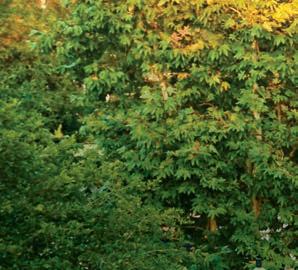
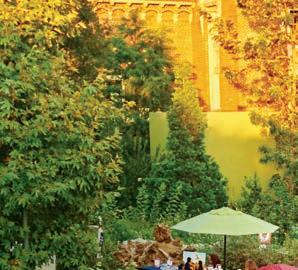
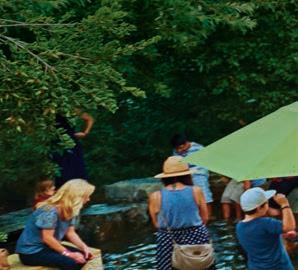
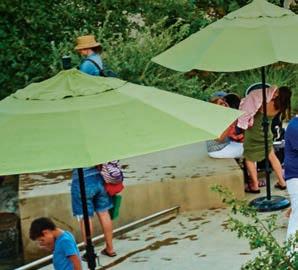
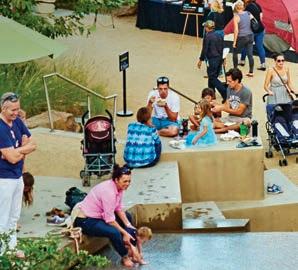
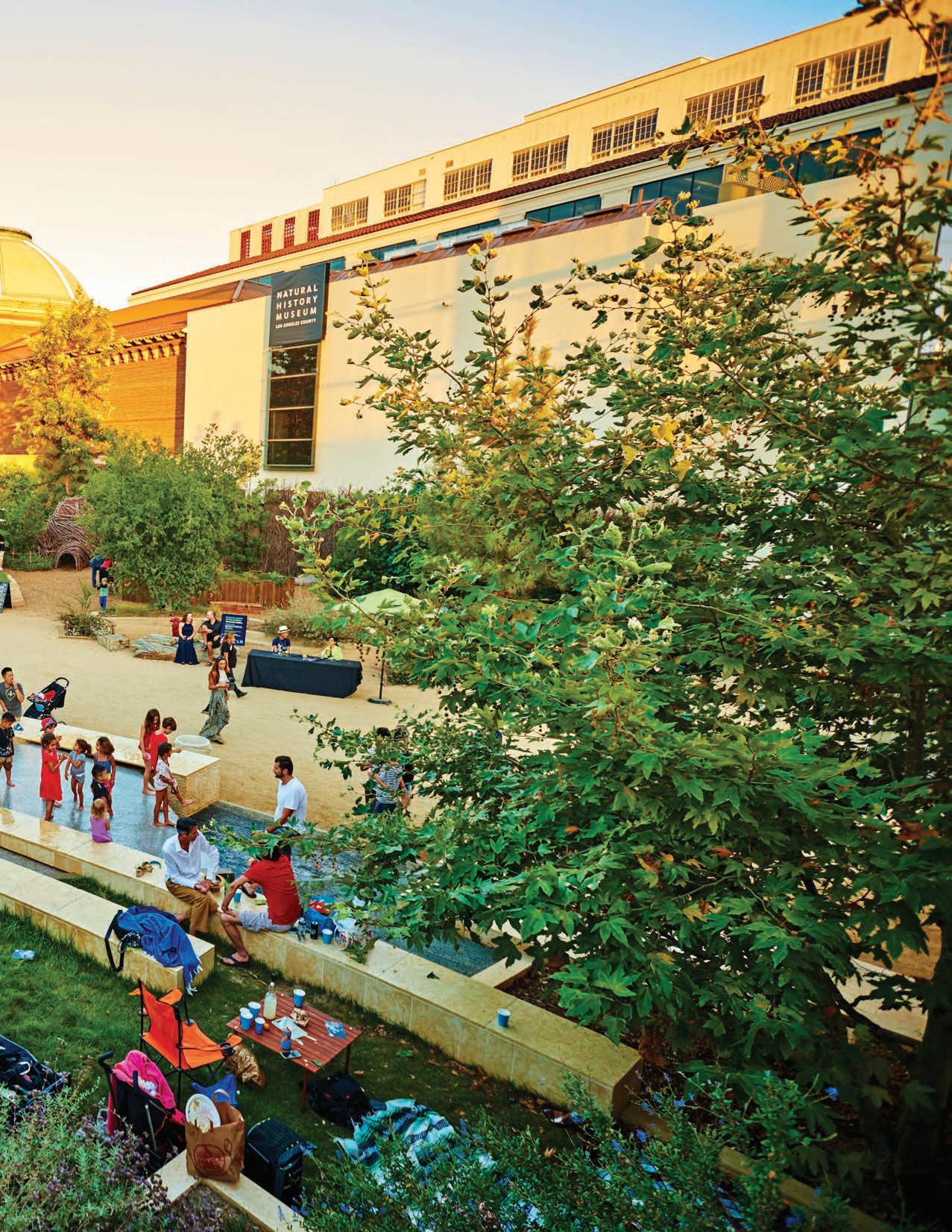
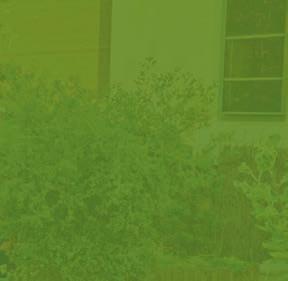
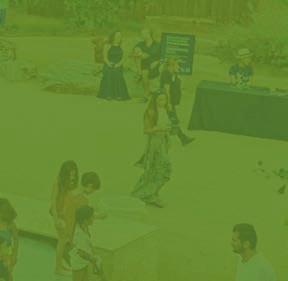
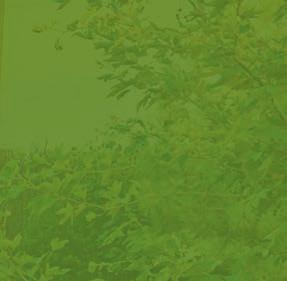
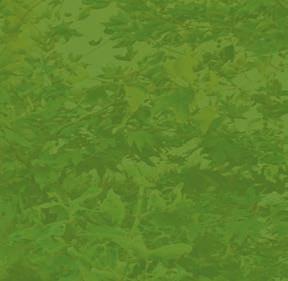
Soon after Dr. Lori Bettison-Varga became President and Director of NHMLAC in 2015, she conducted a series of listening sessions with staff to hear their aspirations for the museums. Building upon those conversations, NHMLAC launched a strategic planning process that engaged staff across the organization.
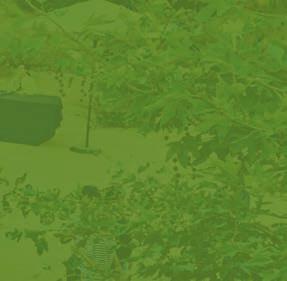
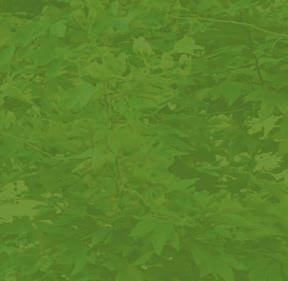

The Strategic Framework is anchored by three philosophical and actionable goals for which we hold ourselves accountable.
1
2
As museums of, for, and with L.A., NHMLAC must strive to welcome, understand, reflect, and cultivate meaningful relationships with our local communities. We celebrate and illuminate L.A.’s rich natural and cultural history and diversity in order to serve as a civic hub for the community and a partner for Los Angeles County.
We commit to being a global leader in the study of urban nature by researching and understanding the complex and ever-evolving relationships at the intersection of nature, cities, and people.
3
We have strengthened our communication around our research and collections at every level, including expanding access to our collections and scholarship for global and local communities.
With the Strategic Framework in place by the end of 2017, we actively began to operationalize our value of inclusion and strategic goal to be museums of, for, and with Los Angeles. Central to this process was the development of the Community Engagement Council (CEC), a cross-departmental initiative that focuses on the intersection of our internal culture with our public-facing work, creating a mutually beneficial and empowering relationship in which both the museums and community partners can grow and learn from one another.
The IWG's intentional focus on embedding IDEA values stands on the shoulders of the Community Engagement Council (CEC) formed in 2017. As an inaugural CEC member, it was a privilege to uplift the values of IWG in collaboration with leadership and ARDI, integrating staff community needs into our work. This collaborative effort culminated in the creation of the IDEA Transformational Framework, which now drives meaningful change across NHMLAC.
— Sabrina Burris, Associate Vice President, IDEA Initiatives
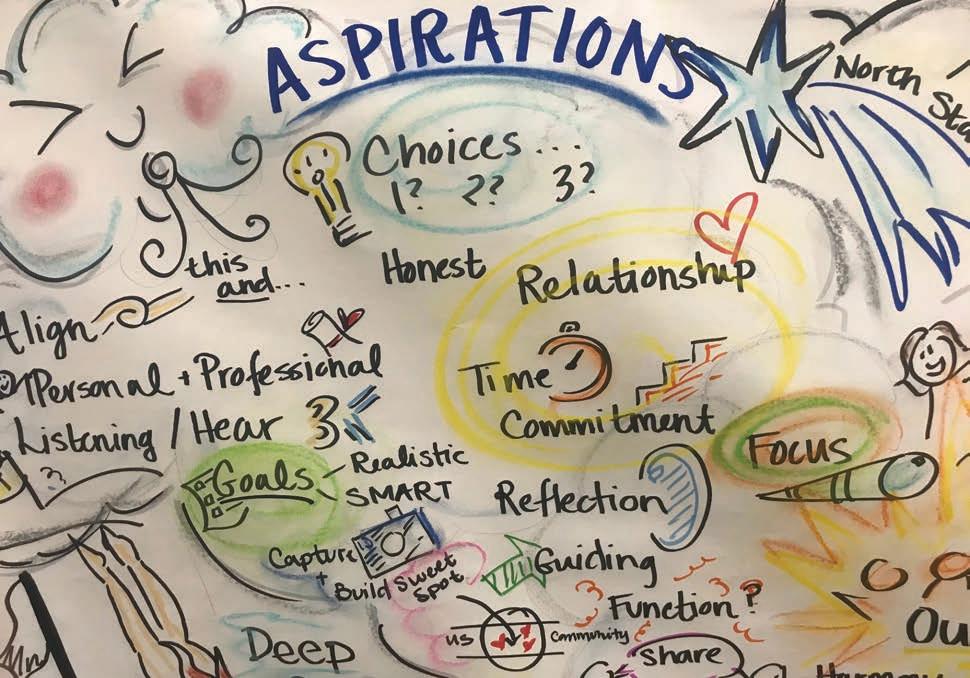
A milestone moment came in fall 2020, when President Bettison-Varga received a letter from a self-selected group of BIPOC colleagues. Their letter inspired a comprehensive process to highlight the institution’s challenges and opportunities around racial equity. Recognizing that bold, institutional change requires ongoing, intentional work—beginning with but not limited to—creating a truly participatory work environment where everyone is seen, heard, represented, and respected, we launched the IDEA Working Group (IWG).
This multilevel, cross-departmental team of 47 employees, led by 10 co-leads, collaborated with the newly formed IDEA AdHoc Committee of the Board of Trustees and leadership to develop and implement IDEA values throughout the institution. Through authentic collaboration, genuine passion, and many months of challenging yet inspiring dialogue, the team created the IDEA Transformational Framework in Fall 2021. With guidance from the IDEA AdHoc Committee, the framework was adopted by the Board of Trustees in 2022 and serves as a living charter designed to evolve with the institution and guide our future actions. It highlights our challenges and opportunities around racial equity and supports bold, systemic, institutional change across NHMLAC.
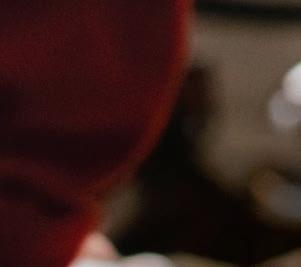
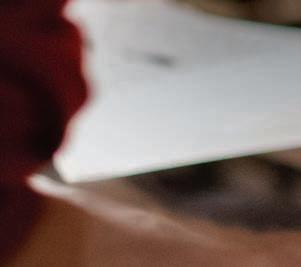

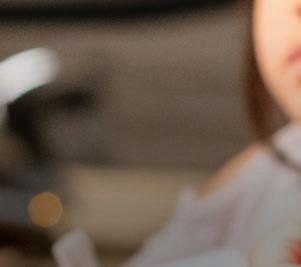
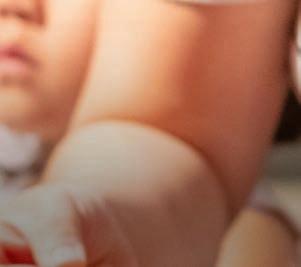
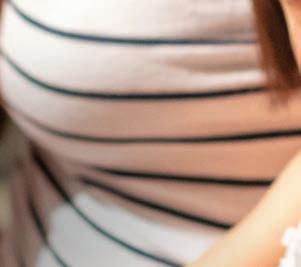
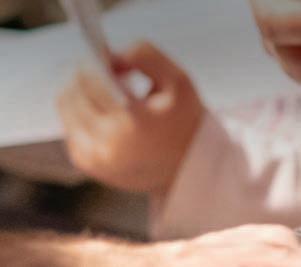
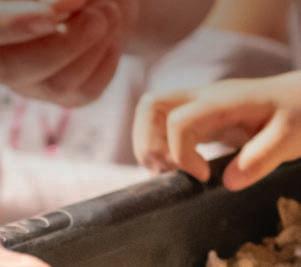
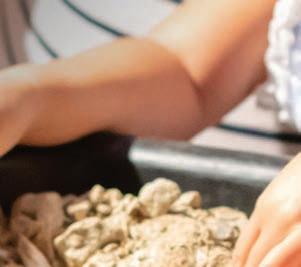
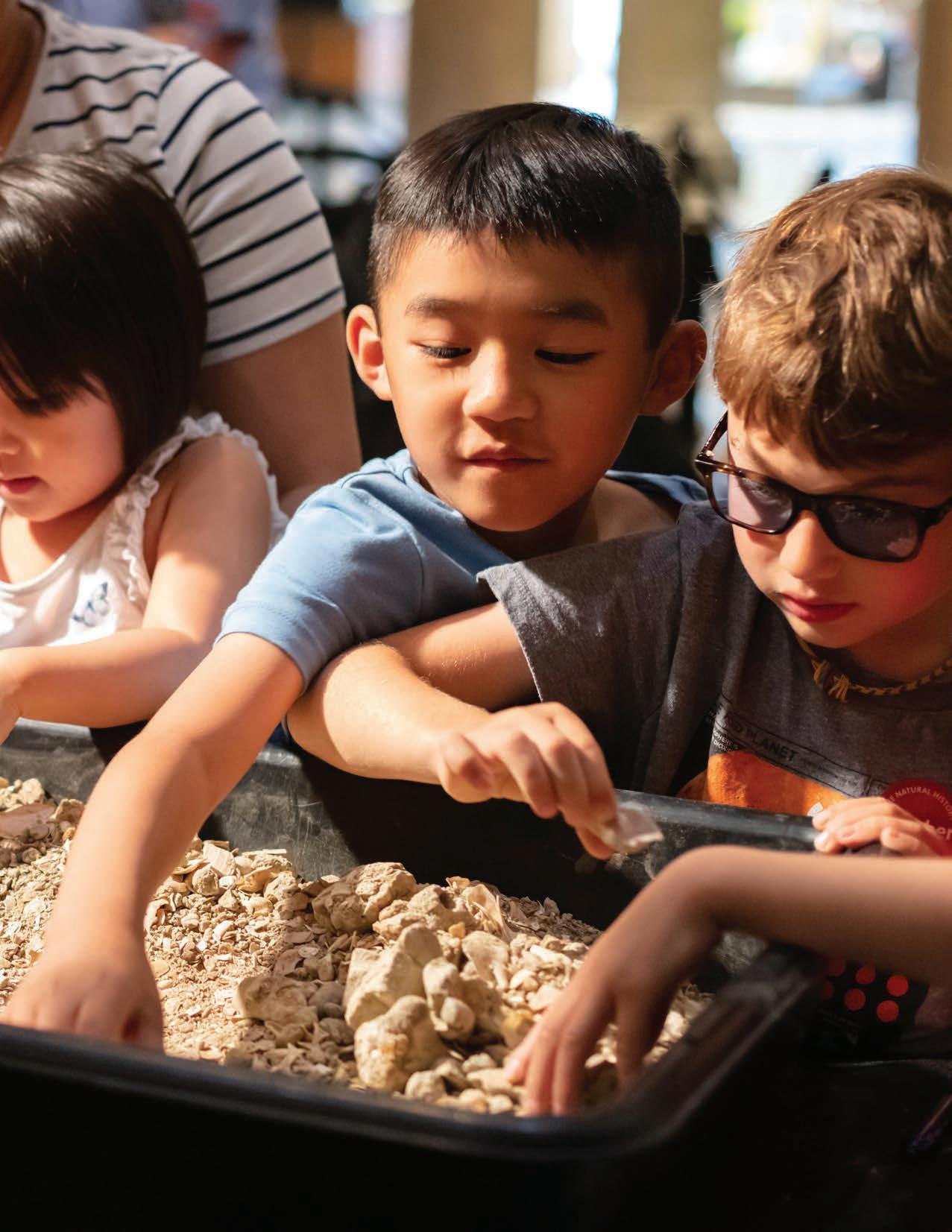
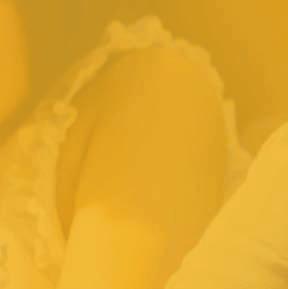
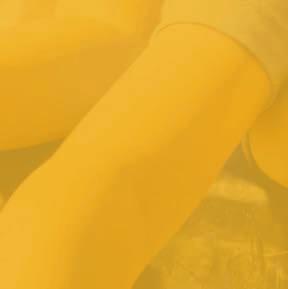
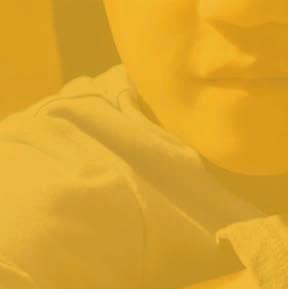
NHMLAC must become an actively intersectional, anti-racist institution that performs all our work through the lens of inclusion, diversity, equity, and access (IDEA), enabling our mission through stronger connections with our staff and community.
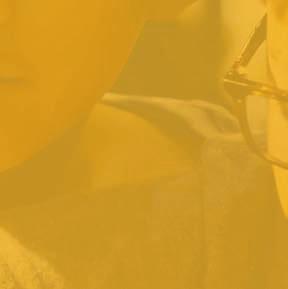
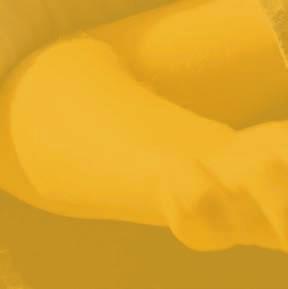
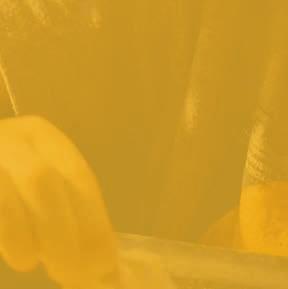

NHMLAC and museums around the globe are reckoning with the legacy of colonialism, which—by empowering systems of racism and patriarchy—has shaped collections, research, and other practices over centuries. Our colonialist history and the inherent characteristics of White supremacy culture continue to negatively impact people of all identities in our museums’ internal and external communities.
As an institution of, for, and with Los Angeles, NHMLAC commits to dismantling oppressive structures within our work, including but not limited to: anti-Black, anti-Indigenous, anti-Latino/a/x, and anti-Asian racism; White supremacy; ableism; and heteronormative patriarchy. Valuing inclusion is not enough when disparities caused by a long history of systemic oppression continue today.
NHMLAC must become an actively intersectional, anti-racist institution that performs all our work through the lens of inclusion, diversity, equity, and access enabling our mission through stronger connections with our staff and community.
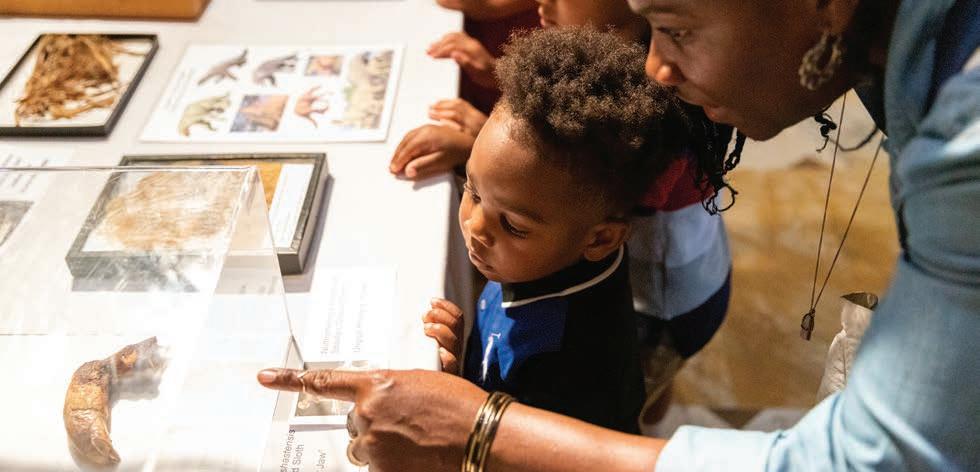
After three years at NHM, I hope future GR associates are recognized for their potential and understand that upward movement and personal growth are always within reach.
— Catherine Munoz, GR Associate and Adventures in Nature Camp Counselor
Repair and build equitable partnerships with the systematically underserved—and those often excluded—by publicly acknowledging past harms and pursuing a clear path forward with IDEA work informed by internal and external stakeholders
Evaluate and report on our process and progress with IDEA work in the NHMLAC Strategic Plan and commit to measurable, sustainable change
Establish policies and practices that support and reflect NHMLAC’s IDEA values and embrace perspectives beyond the dominant cultural group
We are committed to growing our diverse and inclusive task force, including creating the role of Associate Vice President, IDEA Initiatives.
Participate in IDEA work at the county, national, and international levels that examines and challenges museum constructs resulting from all forms of oppression
Expand NHMLAC’s perspectives, practices, internal culture, and policies beyond those of the dominant cultural group, particularly White colonizers
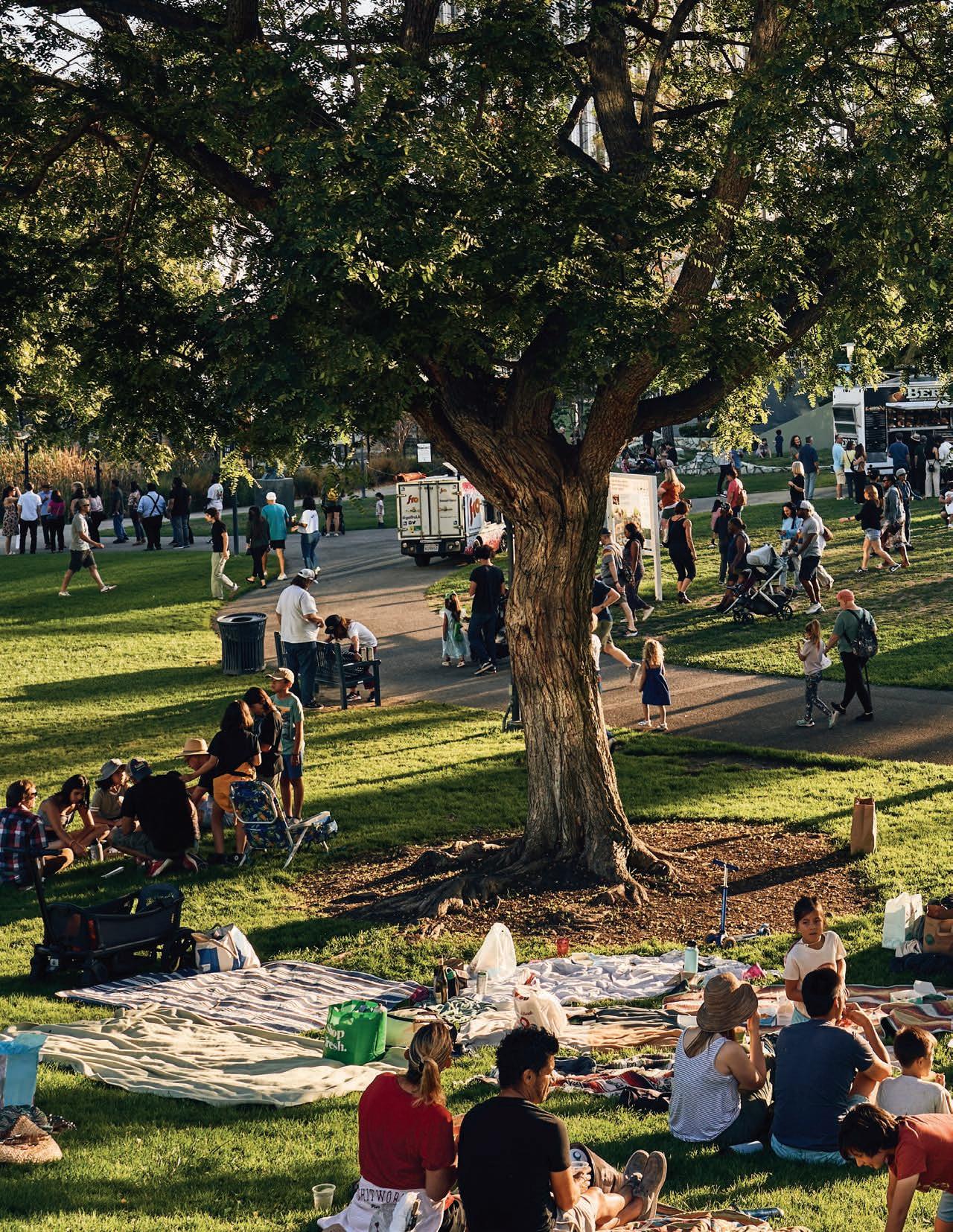
Deliberately disrupting patterns and manifestations of White supremacy culture
Respecting how overlapping identities create unique prisms of discrimination and oppression
Providing equal access to resources, services, and information across the NHMLAC community
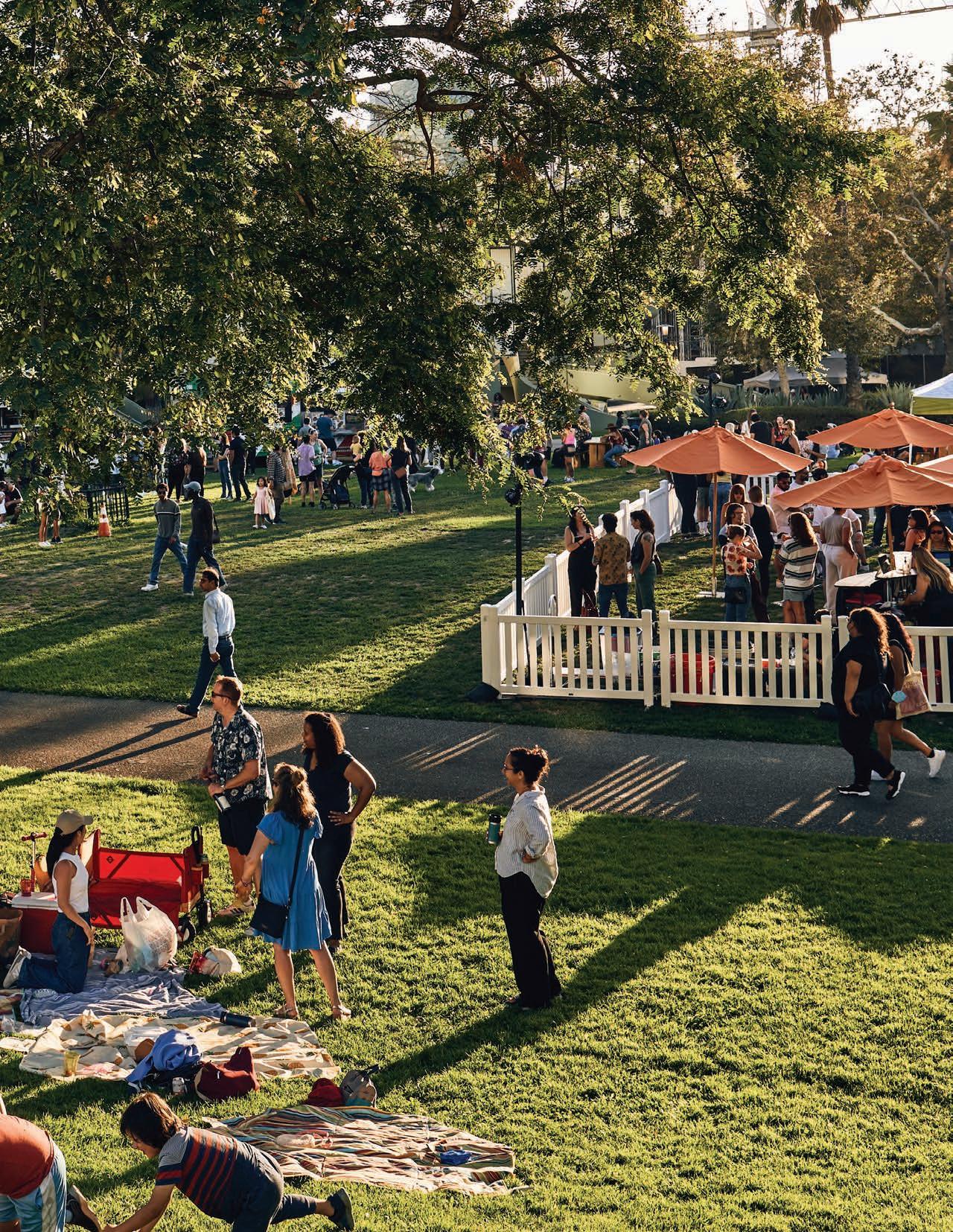
Co-creating museum initiatives with staff and community partners to include the perspectives of those most directly impacted
Building trust and a culture of responsibility by productively addressing conflict and creating and communicating opportunities to restore justice
Informed by the opportunities identified by our BIPOC colleagues in 2020, our IDEA Transformational Framework centers around these five themes.
1 2
At NHMLAC, we are all responsible for our institutional culture. To ensure a learning community centered on a commitment to IDEA, we must assess our existing culture, establish a Cultural Transformation Task Force, define goals for change, develop opportunities for training, and commit to and prioritize ongoing learning and personal growth for our staff, volunteers, and trustees.
Content is what we communicate, consciously or not, about NHMLAC and our natural and cultural worlds through exhibits, stories, programs, signage, collections, architecture, and more. Based on our IDEA framework and concrete metrics, we will ensure that content is inclusive and representative of all our communities and that access to content is fair and equitable.
3
science | technology | engineering | arts | mathematics
At NHMLAC, all careers are STEAM careers. We must foster interconnected pathways that engage learners of all ages in the work of our museums, building applicable skills through authentic experiences, bridging gaps in position offerings, and providing mentor support. We must prioritize systematically disadvantaged participants, collaborating with community advisors to develop an intentional, research-informed approach. In doing so, we support the development of a more diverse and representative workforce in and beyond the museums.
As this year’s program comes to an end, I wanted to take a moment to express my gratitude to you all, not only for dreaming up this program, but for bringing it to life. Through UNLAB I have learned so much about research, museums, and also about myself. Thank you for allowing me the space to learn, to grow my confidence and dream about my future again. This program has truly altered the course of my life and I cannot say it enough … THANK YOU for taking a chance on me.
— Jessica Flores, UNLAB Researcher (Alumni 2024), Department of Ichthyology
4
Our place of work and our colleagues significantly impact our lives. NHMLAC must foster an organizational environment that is safe, welcoming, and nurturing to all internal and external stakeholders, especially members of the intersectional BIPOC community. Areas of focus will include but not be limited to: pay equity, recruitment from all communities, mitigating bias in professional development, and combating systemic racism in the overall employment experience. 5
NHMLAC must commit to a lasting culture of transparency and information equity, including measures of accountability and open communication with internal and external communities. Our strategies include: implementing new accountability policies and public reporting practices, providing pathways that increase equitable access to information, using metrics to track our adherence to IDEA initiatives, and adopting standards that promote, enforce, and maintain transparency. Insistence on a culture of transparency will hold our museums to high standards of accountability that support our IDEA efforts at every level.
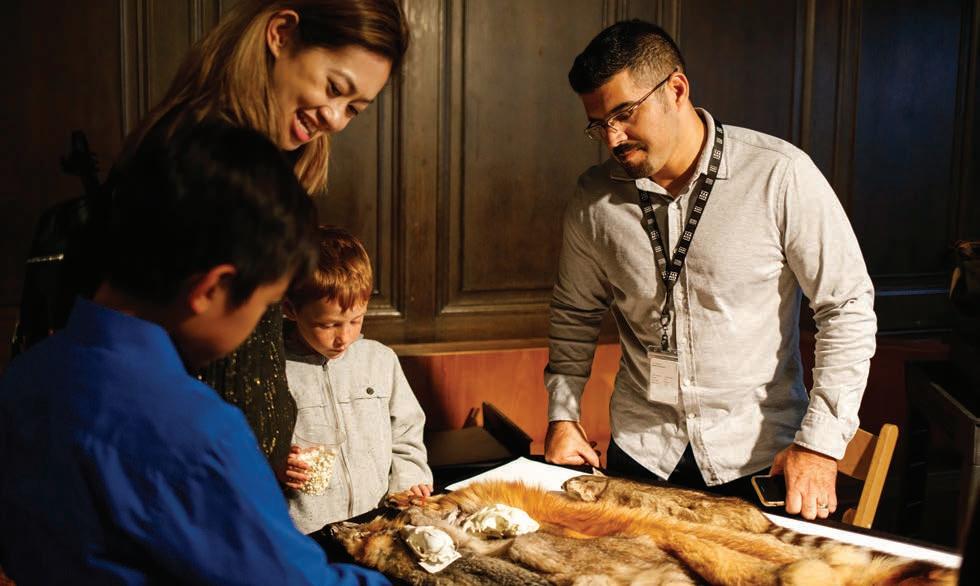
In July 2020, the Los Angeles County Board of Supervisors passed a motion establishing the Anti-Racism, Diversity, & Inclusion (ARDI) Initiative. Led by Dr. D’Artagnan Scorza, ARDI articulated an anti-racist agenda to guide and govern the County’s commitment to combating racism in all its forms. From the inception of IDEA, NHMLAC has been an early adopter of and in active alignment with the goals of ARDI’s Countywide Racial Equity Strategic Plan, which was implemented in collaboration with county departments starting in July 2023.
In 2024, ARDI began hosting Innovation Lab sessions at NHMLAC for County leaders, designed to foster collaboration and identify departmental needs as they
enter the implementation phase of the Countywide Racial Equity Strategic Plan. The implementation phase is a complex, countywide undertaking, encompassing five major goals and nearly 100 distinct strategies. NHMLAC’s commitment is reflected through our focused adoption of ARDI goals, the enhancement of STEAM pathways, promotion of equitable hiring, increased community engagement, and fostering transparency and accountability throughout our organization. We are excited to continue this important work in partnership with ARDI, ensuring that our museums not only reflect the diversity of Los Angeles County but also actively contribute to dismantling systemic oppression in all its forms.
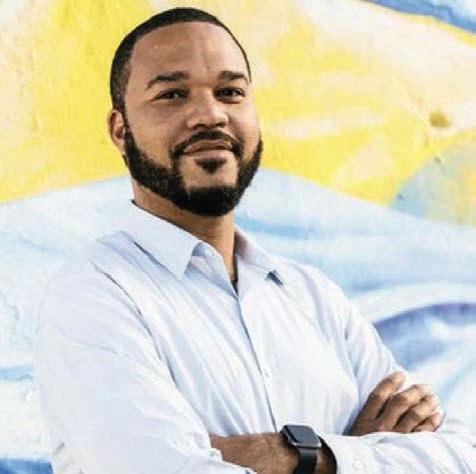
Dr. D’Artagnan Scorza
Dr. D’Artagnan Scorza, the inaugural Executive Director for Los Angeles County, is an invaluable advisor for NHMLAC’s IDEA Initiatives. Dr. Scorza is currently serving his first term on the Inglewood Unified School District Board of Education. As a U.S. Navy Iraq War veteran, Dr. Scorza played a crucial role in establishing a naval operations unit that supported navy personnel traveling in and out of hostile zones. His commitment to service is further exemplified by his educational achievements; he attended both UCLA and National University and earned his Ph.D. in education from UCLA.
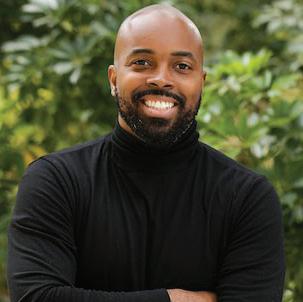
Dr. Earl J. Edwards, an educator, researcher, and human rights advocate, collaborated with NHMLAC to conduct an internal analysis supporting the operationalization of IDEA. In partnership with Dr. D’Artagnan Scorza, Edwards’s expertise and insight guided NHMLAC’s IDEA Initiative and the IDEA Working Group (IWG) in creating a more inclusive and equitable environment within the museum.
Beginning his career as a classroom teacher, Dr. Edwards has taught in Providence, Rhode Island; Los Angeles, California; and Compton, California. He holds a bachelor’s degree from Boston College, a master’s degree in school leadership from Teachers College, Columbia University, and a doctoral degree in education from UCLA.
“ ”
It is our responsibility to create and advance an anti-racism agenda in order to enhance the lives of the children, families, and communities we serve.
— D’Artagnan Scorza, Ph.D.
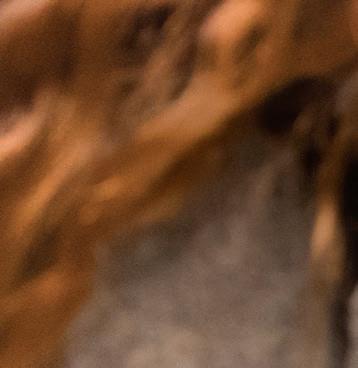
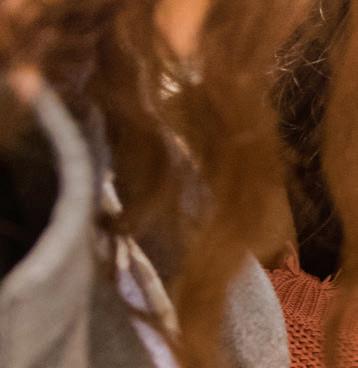


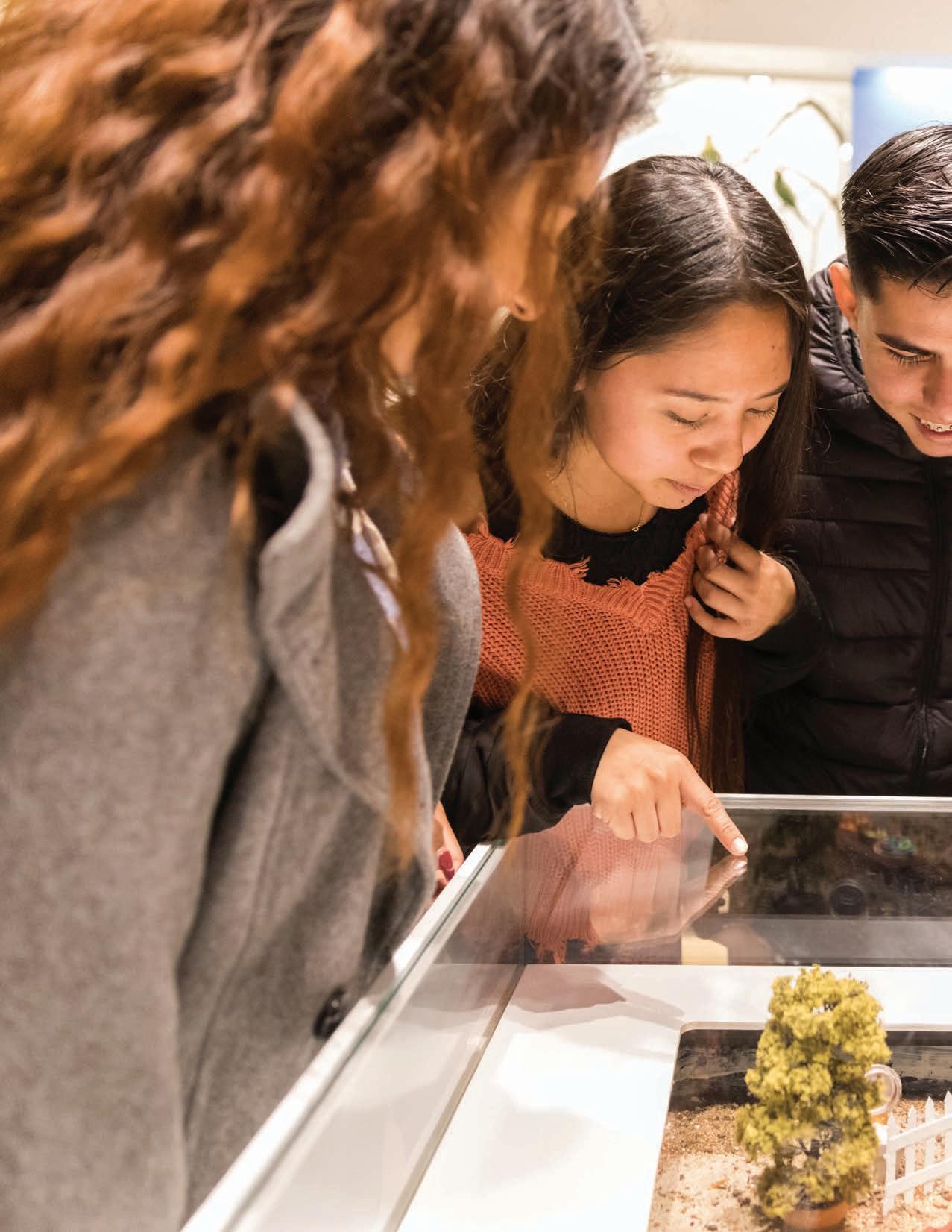
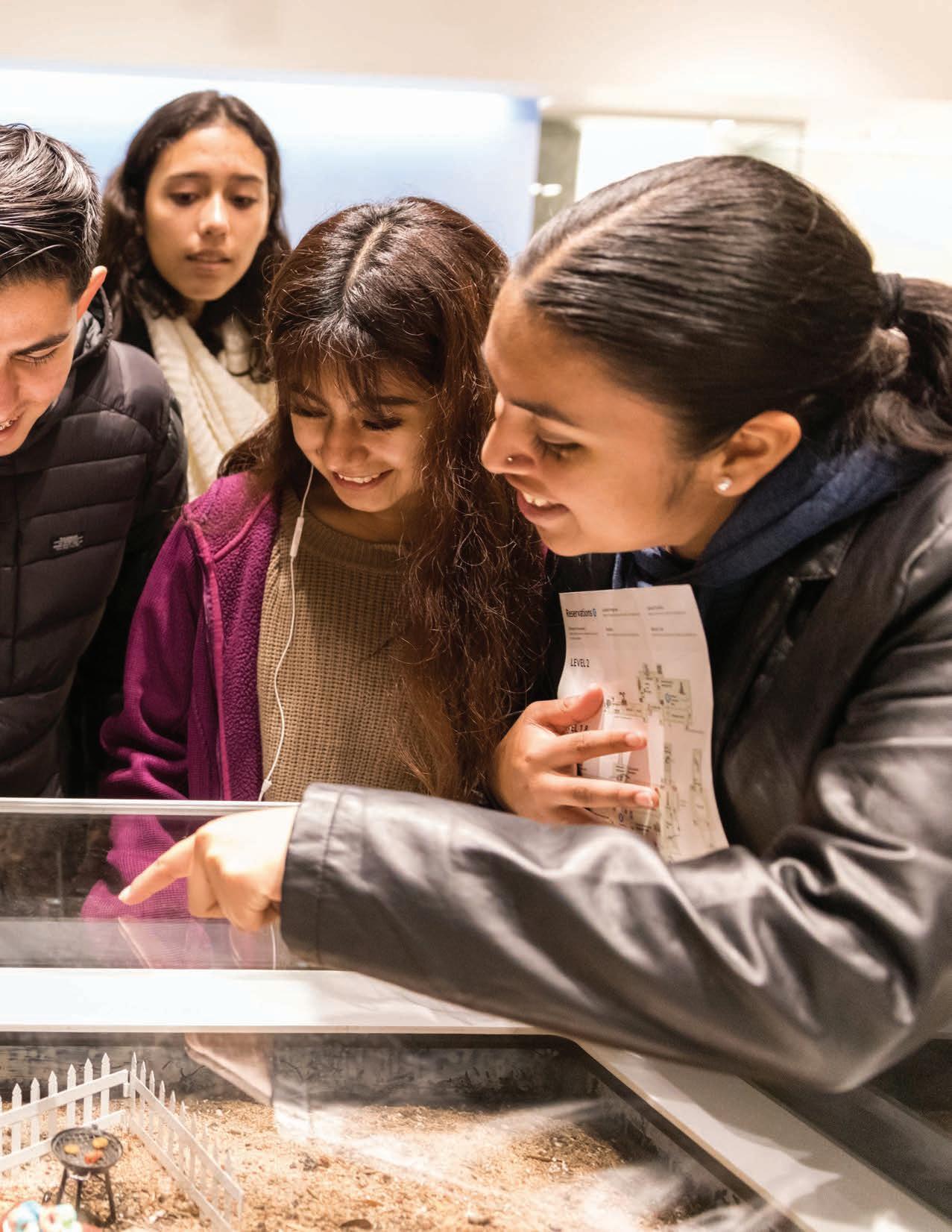
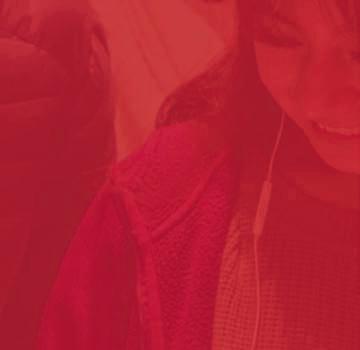
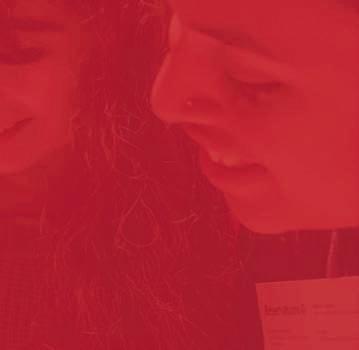
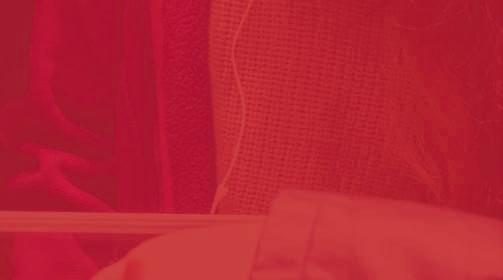
In Fall 2021, following the adoption of the IDEA Transformational Framework and with our intentions set on developing a racial equity action plan, IDEA Working Group (IWG) worked closely with L.A. County’s Anti-Racism, Diversity and Inclusion Initiative (ARDI) and an independent DEI consultant to conduct an internal analysis.
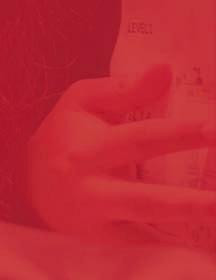
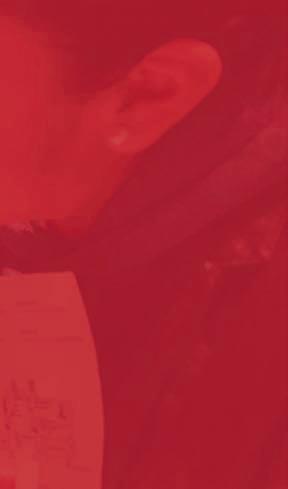

We gathered information through staff interviews, surveys, and focus groups to examine our institutional culture and assess practices and policies.
This process enabled us to:
Gain insight into NHMLAC’s readiness for transformational change around IDEA 1 2 3
Understand critical stakeholders’ capacity for addressing IDEA issues
Solicit suggestions on what stakeholders want in an IDEA action plan
We've implemented a new staff recruitment policy that aligns with our equity and inclusion values during the hiring process. This approach has significantly increased representation at senior and management levels, reinforcing our commitment to building a diverse and inclusive leadership team.
— Nooshin Nathan, Chief Talent Officer
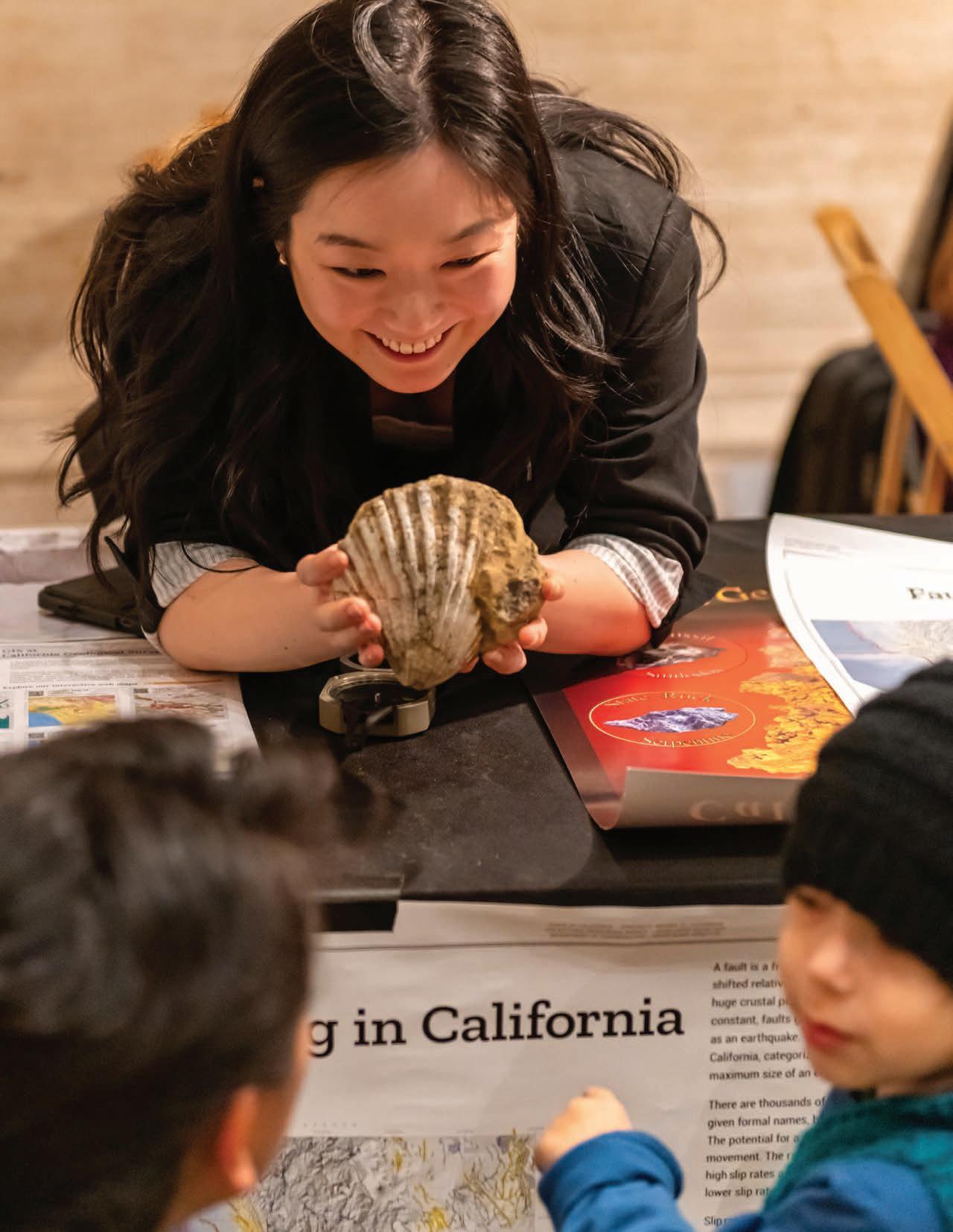
Several learnings emerged from the study and were segmented into the following categories to provide concrete, actionable insights:
Black or African American, Indigenous, and AAPI employees at NHMLAC are significantly underrepresented compared with the L.A. County population and workforce.
Our rate of hiring Latino/a/x employees has increased, but a lack of representation remains in managerial and subject-expert positions.
Internship coordination must focus on underrepresented populations.
Hiring managers see many internal candidates as less/under qualified than others.
The IDEA staff survey recommends an institutional focus on internal staff development.
NHMLAC BIPOC staff perceive institutional discrimination differently from White staff.
Staff lack a sense of belonging across themes of race, gender, and class.
We need ongoing cultural assessment.
We must critically and continually examine our programming for evidence of colonialism and other structural inequities across race, class, gender, and ability.
Staff would like to explore Black life, history, and culture, not only during heritage months.
Staff suggest expanding accessibility through interpretation and translation of our collections.
Staff desire to see greater representation of LGBTQIA+ in the exhibition Becoming Los Angeles.
NHMLAC needs to track supplier diversity.
Staff would like ongoing, specialized IDEA training with critical reflection and implementation.
Little did I know when I started volunteering last summer that by February I would be a certified Dino Hall interpreter, nonetheless a spider aficionado, and by April a Los Angeles biodiversity whiz, and by June, an amateur butterfly guide ... I have been given invaluable tools and experiences as a volunteer at NHM that I will never forget.
—
Volunteer Sarah Brown

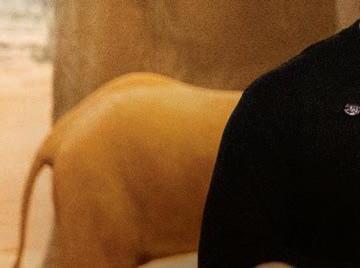
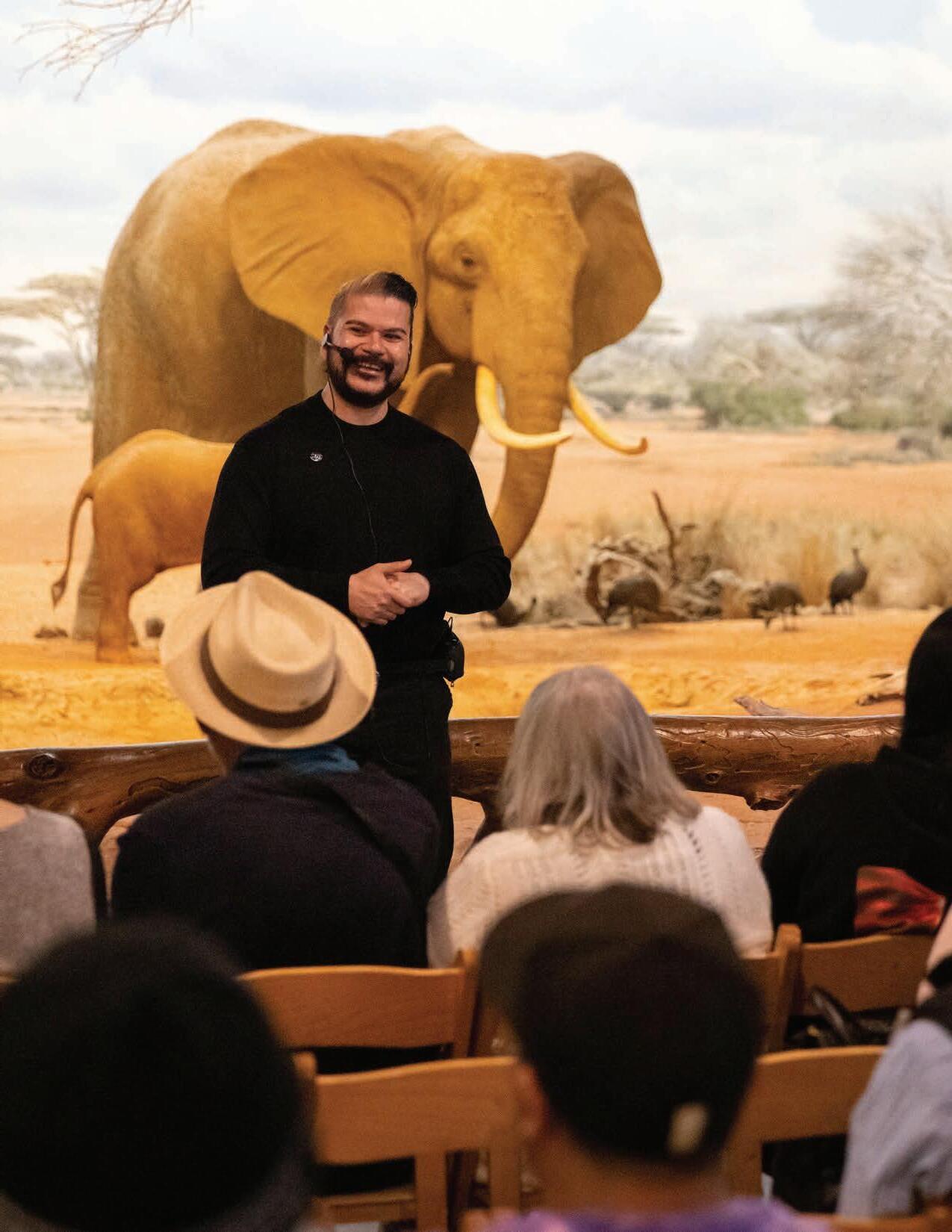
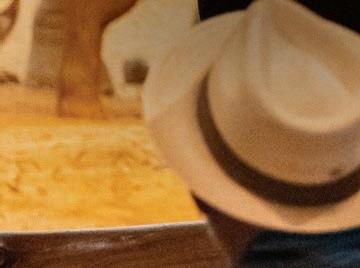
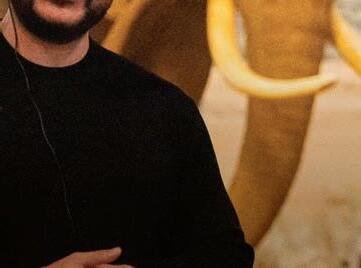
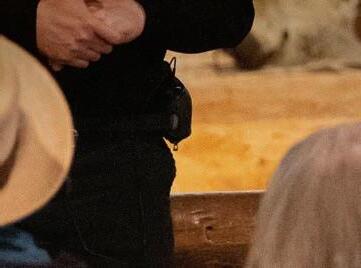
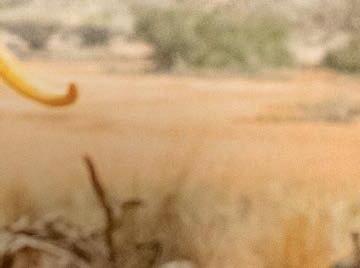
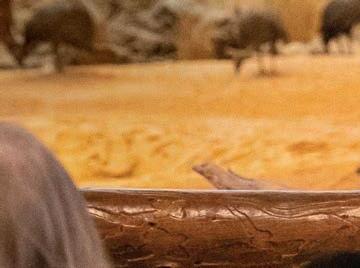
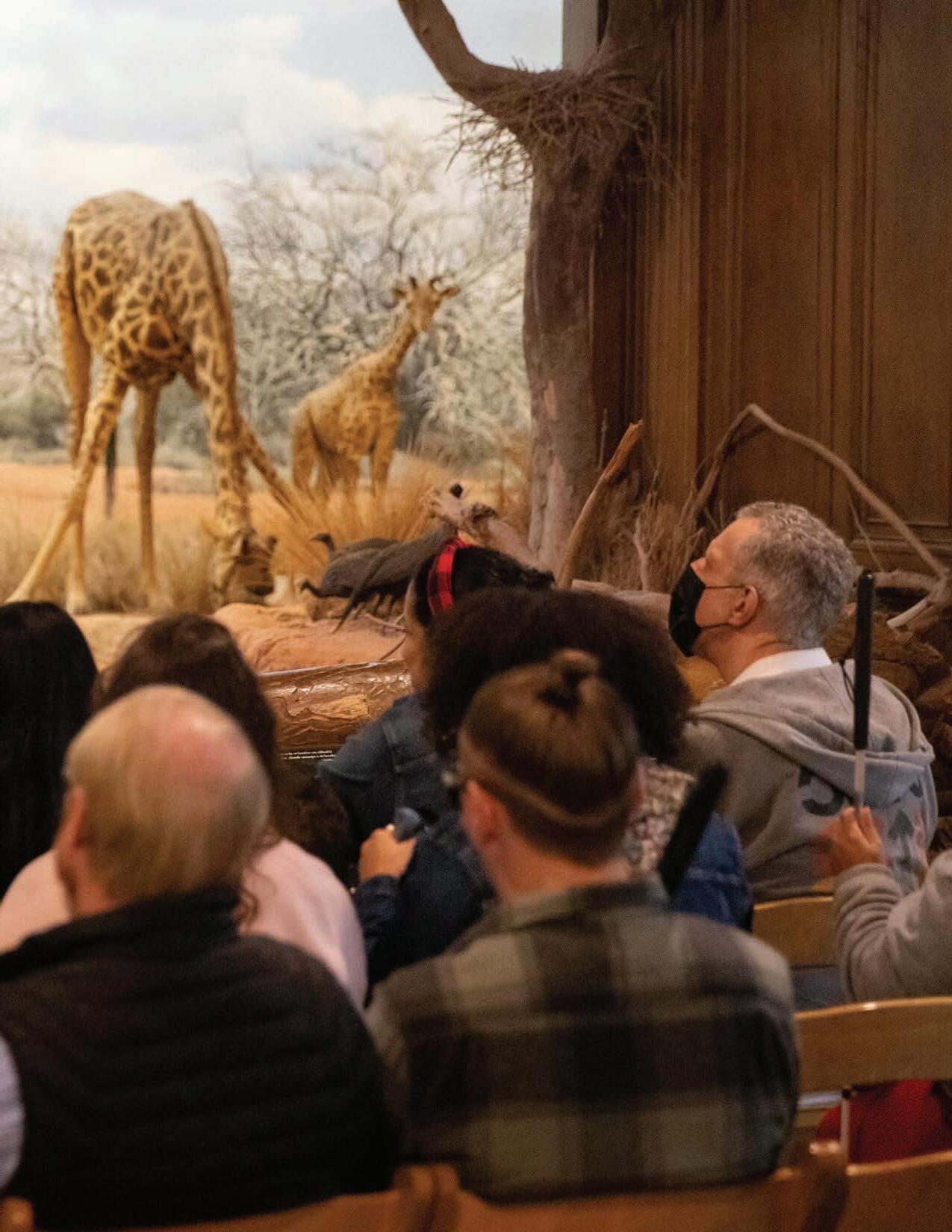
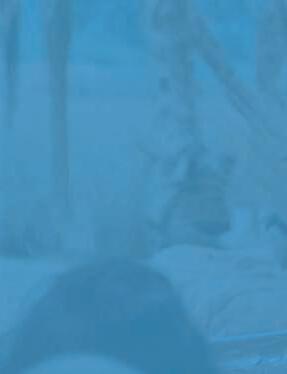

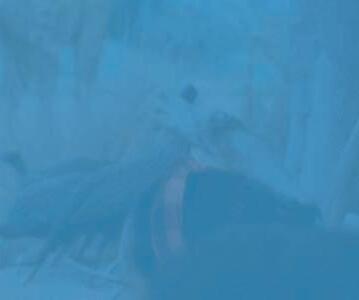
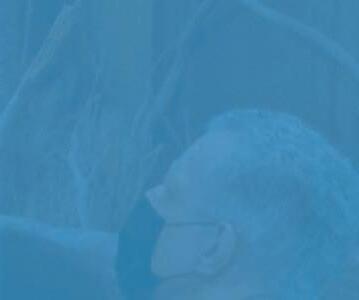
NHMLAC developed an IDEA Action Plan to address opportunities learned from the internal analysis. The 2022 plan is centered around four interconnected areas of impact, each with measurable steps that increase transparency and accountability.
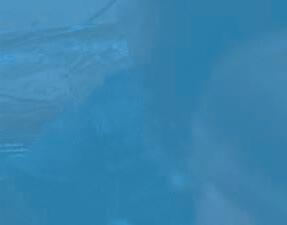
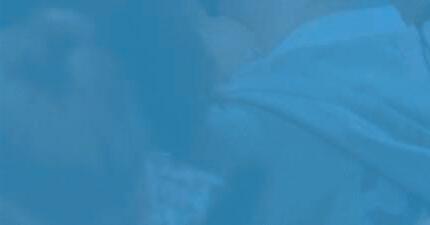
1
2
3
Establish broader recruitment channels and intentionally promote opportunities to diverse candidates, committing to match L.A. County demographics across all staff positions.
Contract with search firms that have a proven record of diverse recruitment success.
Enhance the applicant tracking system, enabling the use of more effective tools for eliminating potential implicit bias when screening resumes and CVs.
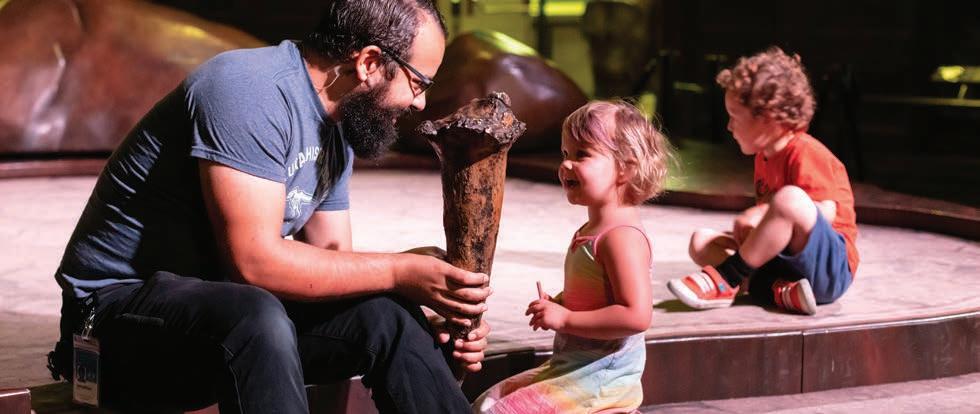
Jonathan Williams, Coordinator of Performing Arts, engages young visitors in a sensory-sensitive program, making learning about natural history an inclusive and captivating experience for all.
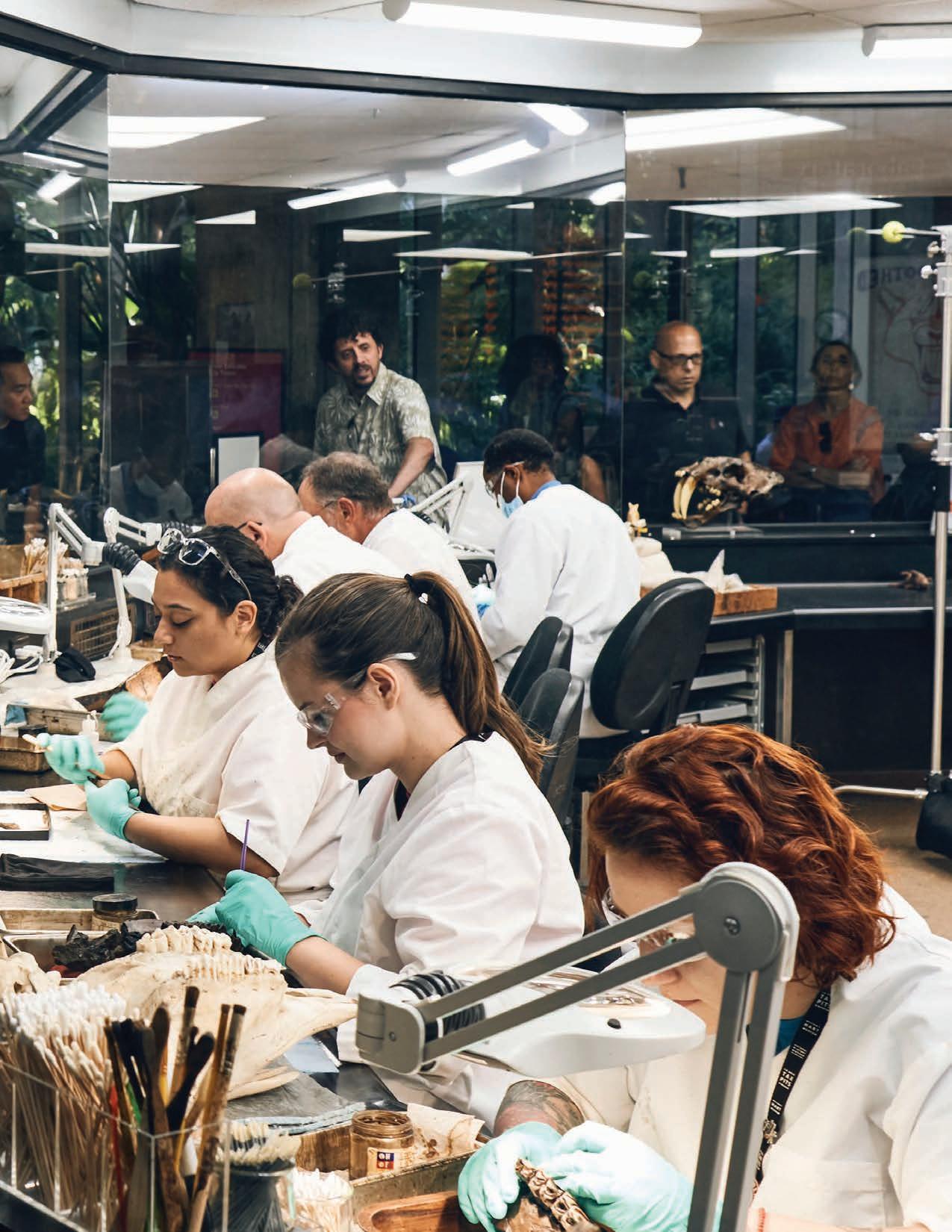
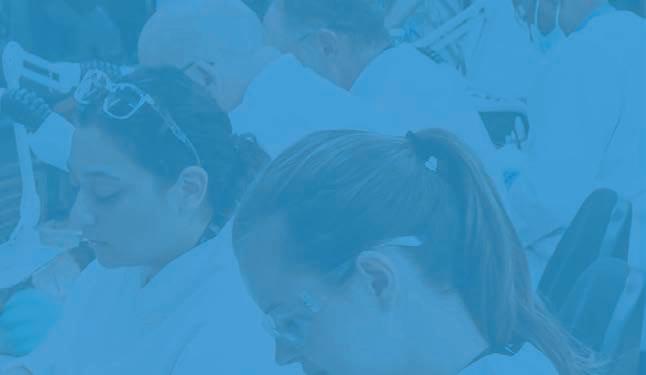
NHMLAC commits to developing recruitment strategies that build an inclusive, empowered workforce.
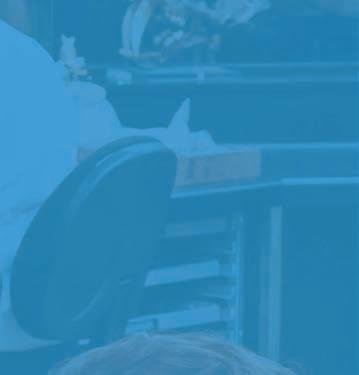
In FY22, established a recruitment policy requiring each search pool to be 50% BIPOC, supporting the imperative to seek and recruit candidates from diverse backgrounds and experiences.
Conducted an analysis of self-reported workforce demographic attributes in FY23, including heritage, country of origin, age, gender, sexual orientation, and disability to capture new-hire diversity.
Implemented applicant tracking system tools in FY23 through a new payroll platform. The pilot program targeted managerial and executive positions to enhance diversity and reduce bias.
In FY24, 74% of 106 new staff members, including paid apprentices, identified as BIPOC, reflecting a 5% increase from FY23.
In FY24, 78% of the 77 promotions given were to BIPOC employees—a 23% increase from FY23.
Increase representation of AAPI individuals in NHMLAC recruitment, which currently stands at 7.6% compared with 15% in the L.A. County population.
Strengthen and broaden engagement with AAPI communities through existing internships, camps, and public programs to increase representation at all levels of the organization.
Enhance alignment with the County’s Women & Girls Initiative by prioritizing gender equity and inclusion, using findings from the Gender Impact Assessment (GIA).
Incorporate goals for gender inclusion and awareness among staff.
By refining and expanding our recruitment and retention strategies, we aim to foster a more inclusive and equitable workforce that reflects the diverse communities we serve.
As an institution of, for, and with Los Angeles, our workplace is committed to reflecting the communities we’re a part of. By focusing on areas such as inclusive recruitment and mitigating bias in professional development, we are committed to combating systemic racism and ensuring a fair and supportive employment experience.
— Jen Anjos, Membership Manager and IWG Co-Lead, Recruitment and Retention
1 2 3 4 5 6
Establish an IDEA training progression that provides focused, comprehensive instruction on specific content, critical reflection, and implementation to enhance competencies for all staff.
Establish a Cultural Transformation Task Force to facilitate IDEA Action Plan progress.
Review separation metrics to determine retention of diverse staff members. Determine if BIPOC retention rates are disproportionately low and review exit interviews to determine potential areas of concern.
Incorporate IDEA values alignment into the annual performance evaluation for staff, especially senior leadership.
Create both professional and informal opportunities for staff to interact and engage to build a more inclusive environment.
Conduct periodic salary equity studies and adjust compensation as needed. Ensure that salaries for internal promotions are competitive with staff hired from outside the organization.
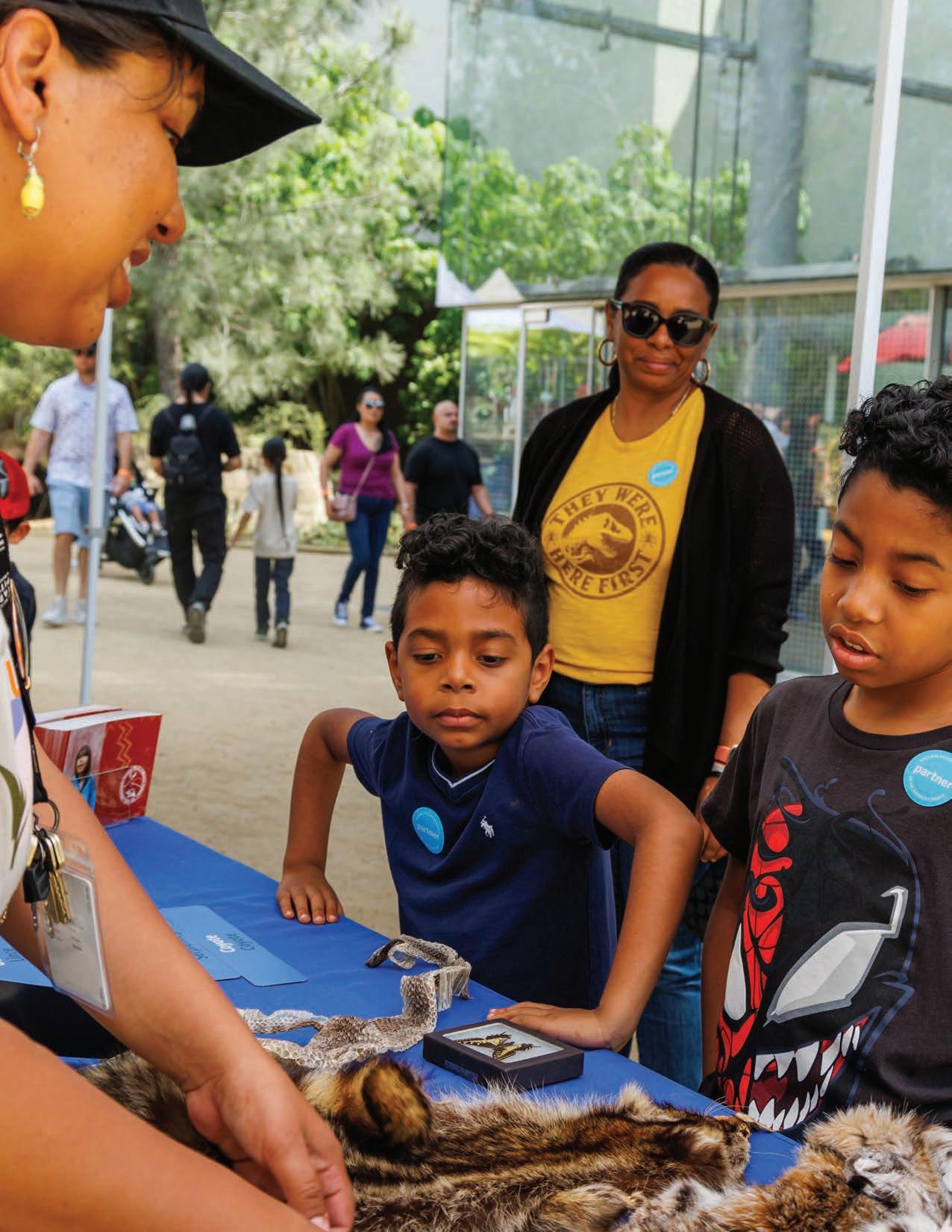
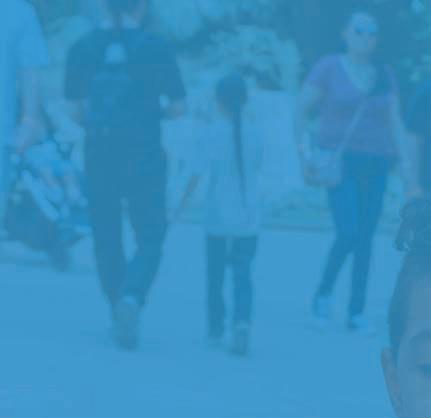
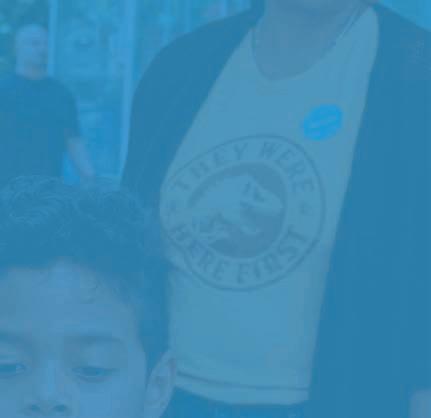

To be an actively intersectional and anti-racist institution, NHMLAC aims to enable its mission by developing stronger connections between its staff and community. We will provide resources to empower individuals with the support and opportunities necessary to ensure a sense of belonging.

IDEA training progression developed for all staff starting in FY23.
IWG assessed facilitation partners and selected Praxis Matters.
Training progression includes a series of three-hour workshops that build on knowledge from the previous unit:
• UNIT 1 Identity and Social Construction
• UNIT 2 Privilege and Power
• UNIT 3 Developing Anti-Racist Practices
• UNIT 4 Diversity, Equity, and Inclusion: A Path Forward
IDEA values question has been incorporated into the annual performance evaluation for staff.
Staff-led Cultural Transformation Task Force activated in FY23.
Meets quarterly to review the objectives established in the Action Plan.
Each member of the Task Force was invited to participate based on their key responsibility for metrics established within the Action Plan.
Staff Culture Survey developed in consultation with the Cultural Task Force and completed with staff in November 2023. Results analyzed and distributed to staff in Spring 2024 through Town Halls, Lunch & Learns, Department Workshops, and a written report.
Advising on the development of an IDEA metrics dashboard in FY24
I truly appreciate the Inclusion, Diversity, Equity, and Access sessions at NHMLAC. The dedication and professionalism behind these training sessions have had a significant impact on our work. I hope we continue to build on this progress each fiscal year, ensuring our ongoing commitment to these values.
— Maran Pittman, Finance Administrator
SOLUTION BOUND: AN ACTION PLAN
We have analyzed various metrics to focus our development of retention programs.
As of FY23, nearly 70% of NHMLAC is composed of individuals identifying as BIPOC. 75% of our younger workforce (age 18–24) identify as BIPOC and are likely to be in non-supervisory positions. Among job categories, there is statistically significantly higher BIPOC representation in project or exhibition functions, facilities, finance, special events, and those employed in constituent-facing roles such as community engagement, education, and programs.
Through exit interviews, we identified patterns of higher turnover among this group, consistent with the demographic trends outlined in the 2023 L.A. County Arts & Culture Report. NHMLAC’s turnover data show that entry-level positions experience the highest turnover with the most common reasons for resignation being:
Given the scarcity of available positions, our younger workforce, predominantly BIPOC (who often bear a greater responsibility for their families), seeks economic stability and career advancement when choosing to leave the institution.
• Guest Relations Department reorganization increased the number of full-time positions and promotions.
• An organizational priority on internal hires has also resulted in more career mobility from Guest Relations, resulting in internal transfers and departments including: Live Animals, Education and Programs, Finance, Exhibitions, and Operations.
We created professional and informal opportunities for staff to interact and engage, to foster a sense of belonging and build a more inclusive environment, including:
Social/other events for the NHMLAC community, including staff, volunteers, and contracted vendors:
• Fruit Cart Day, Ice Cream Pop Day, Cozy Beverage Day
• Annual gatherings like the Staff Appreciation Picnic, Holiday Party, and onsite Flu and COVID Vaccination Clinics.
Professional development program has been developed by Guest Relations.
Conduct periodic salary equity studies and adjust compensation as needed. Ensure that salaries for internal promotions are competitive with staff hired from outside the organization.
Instituted standard of living increases for all staff: 2.5% in FY23 and 4% in FY24.
All staff with a minimum of one year of service should at least be at the 95% median pay level for their respective positions. In collaboration with Quatt Associates, NHMLAC identified 75 staff members falling below this threshold. As sanctioned by the Board of Trustees, these individuals’ compensation was raised to 95% of the median.
Tiered insurance premium and increased employer cost share to lower costs for staff at lower wage levels, increasing affordability and access (2022–Ongoing). Also, all staff with at least seven years of service in FY 24 should be at the 105% of median pay level.
Elevate staff members with three or more years of service to the 100% median level pending budgetary constraints.
Professional development program has been developed (based on a prior program) by Guest Relations and will be assessed and further refined in early 2025.
Develop actions in response to Staff Culture Survey.
Reviewing market rate of one-third of all positions on a three-year rotational basis (FY25)
IDEA workshops at NHMLAC are an opportunity to educate and support staff as we continue to grow toward a more equitable and inclusive organization. As the UNLAB program manager, I view these workshops as essential to the values we are striving to uphold. I am grateful for the opportunity to discuss and share space with my colleagues at large. For me, the IDEA workshops represent a commitment toward institutional change, cultivating an environment where staff feel respected, empowered, and listened to.
— Dre'Shawn Frencher, UNLAB Program Manager
SOLUTION BOUND: AN ACTION PLAN
NHMLAC’s IDEA curriculum, developed by Praxis Matters, features a series of three-hour workshops designed to foster cultural competence and equity within
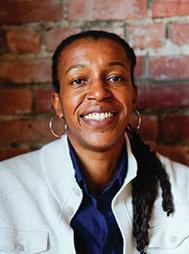
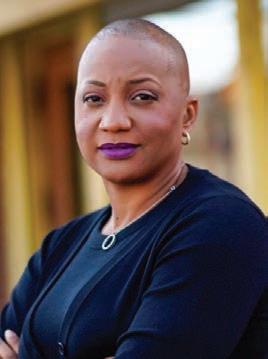
the organization. Founded in 2017, Praxis Matters specializes in creating customized workshops, training, seminars, and other programmatic services.
Brandi Blessett (she/her/hers) is a distinguished scholar and practitioner whose research examines the role of institutions in facilitating disadvantage. Over the past 10 years, she has worked with numerous organizations to enhance their service delivery, earning recognition for her impactful contributions to public service.
Tia Sherèe Gaynor (she/her/hers) is a leading expert in equity and justice, particularly for marginalized communities in the U.S. Her groundbreaking research on systemic racism and social hierarchy has been featured in top academic journals and major media outlets, including the Huffington Post, PopSugar, and NPR.
1
2
Continue to foster a competitive and diverse STEAM workforce by prioritizing participants from communities that have been systematically under-resourced and marginalized in these fields, reaching a wide variety of ages, interests, and needs.
Uplift hyperlocal businesses, entrepreneurs, and artisans by partnering with them for museum enterprises such as food service, retail, and programming, and continue to assess the diversity and inclusivity of our vendors and contractors.
3
4
Partner with community groups and leaders to advise on capital projects and programming.
Create dedicated programming and onsite experiences designed to be welcoming to diverse local audiences.
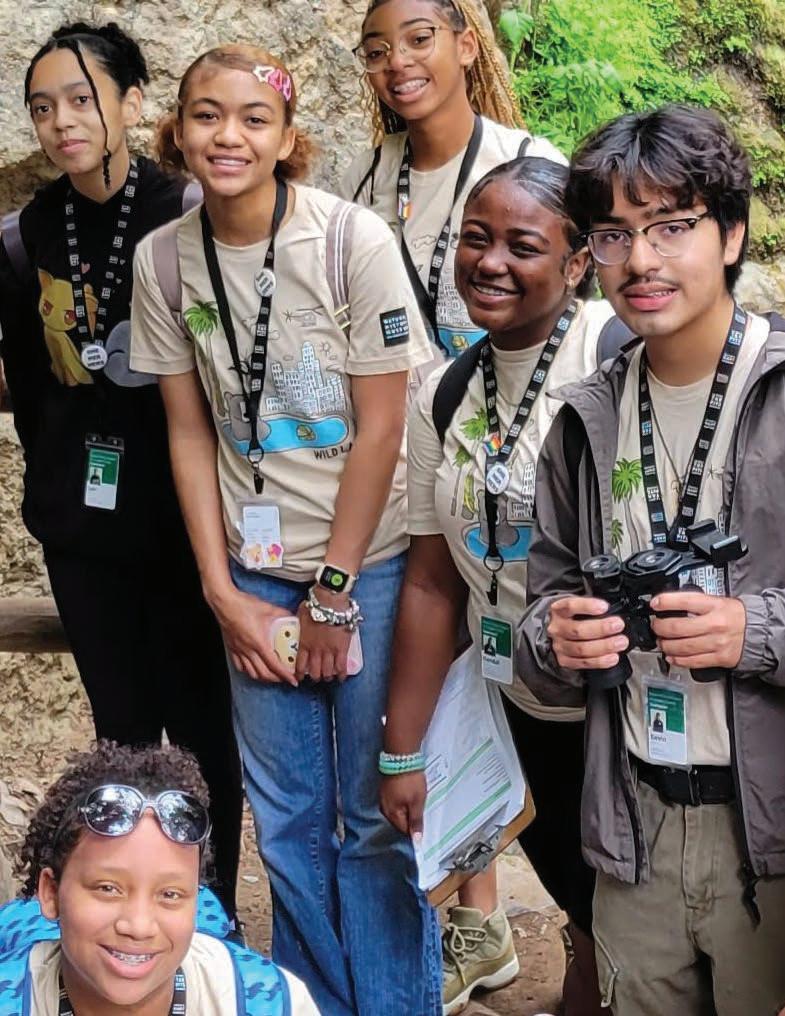
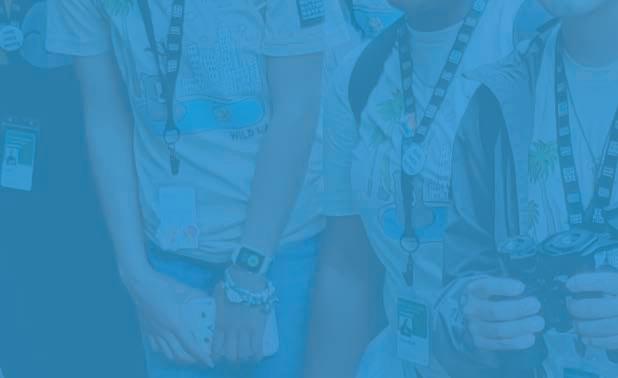
NHMLAC cultivates meaningful relationships within the cultural ecosystem of Los Angeles. We commit to embedding IDEA into all facets of the institution, including diverse communities, co-creating and co-programming with local community groups, and giving local students professional opportunities.
Developed a strategic, innovative approach to STEAM (science, technology, engineering, arts, mathematics) workforce development through work-based learning, mentorship, and applied skill building. STEAM pathways encompass the many varied types of work happening at our museums, such as research, informal education, creative design, finance, and operations. Through a combination of offerings such as internships, volunteering, apprenticeships, and other mentoring programs, we offer learners of all ages opportunities to explore, contribute to, and continue in STEAM careers.
Uplifting STEAM pathways (see case study p. 55).
• Created the position of Director of Volunteer and Internship Programs
• In FY24, NHMLAC hosted 65 interns across our programs from communities underrepresented in science fields, a significant increase in participation since the inception of the STEAM Pathways Initiative in FY22.
• 83% of interns are BIPOC.
Established Native American Community Advisory Council for NHM Commons.
Created Community Advisory Coalition for NHM Commons Programming.
Implemented institutional Welcome Days and first-time Queer Family Day.
Expanded the Community Partners Program, which now includes more than 48 robust partnerships with local organizations.
Partnered with South L.A. Cafe (SLAC) to create a hyperlocal food and beverage program at NHM, driven by the community’s cultural diversity and culinary tradition.
Continued to gather feedback from our vendors to create an accurate review of our current model and future opportunities to uplift local businesses that amplify our IDEA efforts.
Building on the success of partnerships with South L.A. Cafe and other local businesses, look for and develop future opportunities to uplift local businesses that amplify our efforts for inclusion and equity.
Continue developing a competitive and diverse STEAM workforce by prioritizing participants from communities that have been systematically under-resourced and marginalized in these fields. Increase BIPOC interns, mentees, and volunteers.
Expand inclusive programming developed with community partners, especially through the new NHM Commons.
In future IDEA reports, we will assess opportunities for growth to achieve our goal of inclusion with demographics of vendors and expanded partnerships.
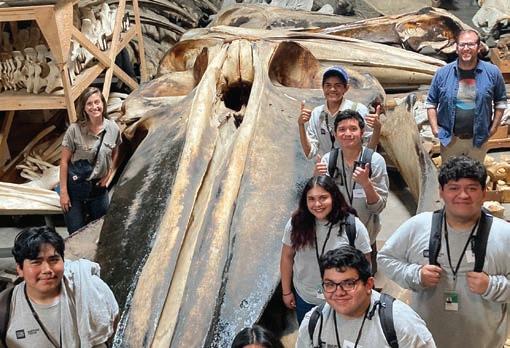
I have had the honor of being a part of the Marine Science Teen Internship for two years, the first time as an intern and the second as a peer mentor. Looking back at my experience with the program, it’s clear just how much it helped me grow both personally and professionally.
— Angeles Rios, Marine Science Teen Internship Alumni
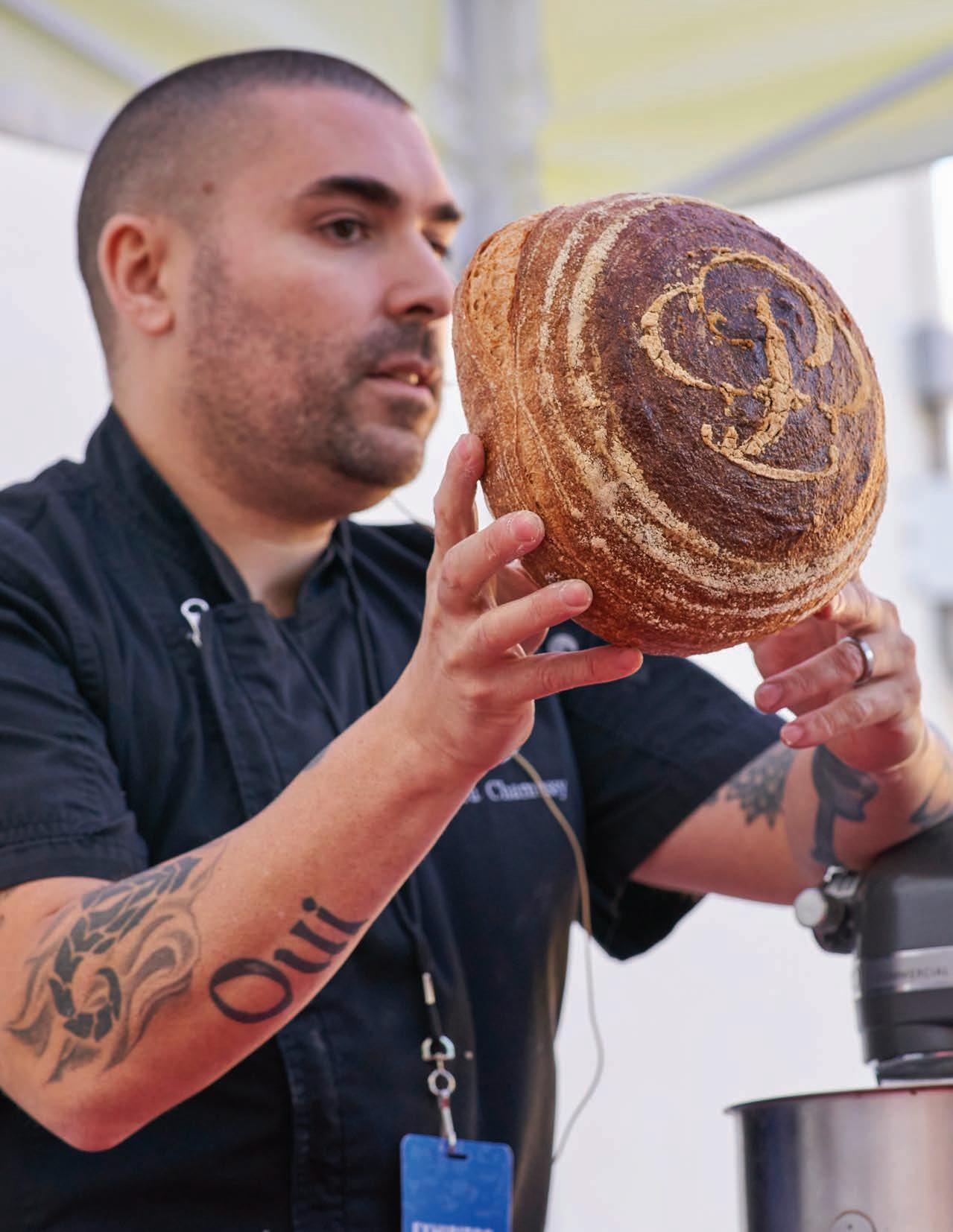
A trailblazing partnership with South L.A. Cafe (SLAC) created a hyperlocal food and beverage program at NHM, driven by the community’s cultural diversity and culinary traditions. The team behind the beloved local cafe, market, and community center, known for social impact, manage the Museum's restaurant called Neighborhood Grill (opened in March 2023), the new NHM Commons Cafe (inside the Museum’s new wing opening in November 2024), and catering services. SLAC Hospitality began the Museum’s food service operations on February 1, 2023, and committed to subcontract with 90% minority-
and women-owned L.A.-based companies. Co-founded by Los Angeles natives Joe and Celia Ward-Wallace, SLAC is a certified Minority Business Enterprise and womenled business ecosystem. In 2020, SLAC was named the #1 Emerging Business by the U.S. Chamber of Commerce and has provided free and fresh food to over 150,000 local residents through their weekly food distribution, The South L.A. Grocery Giveaway. The WardWallaces also lead the South L.A. Food Network, a collective of leading restaurateurs, caterers, and community organizations.
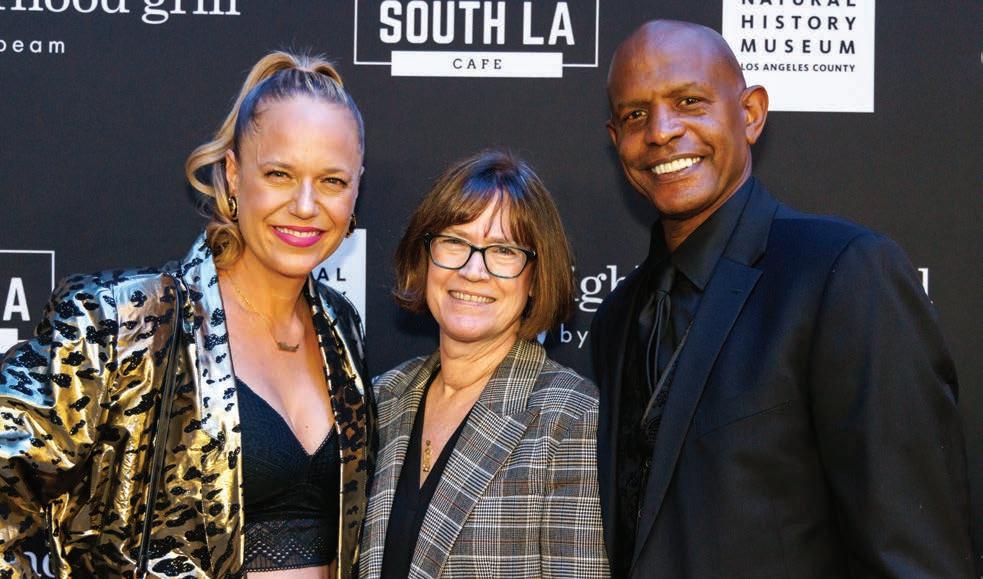
1
Develop content that is inclusive and representative of all our communities and ensure that access to content is fair and equitable.
2
3
Evaluate and design all exhibitions, digital content, education, and public programs through an IDEA lens and create a standard rubric to measure content.
Enhance access to collections and exhibitions for non-English speaking communities.
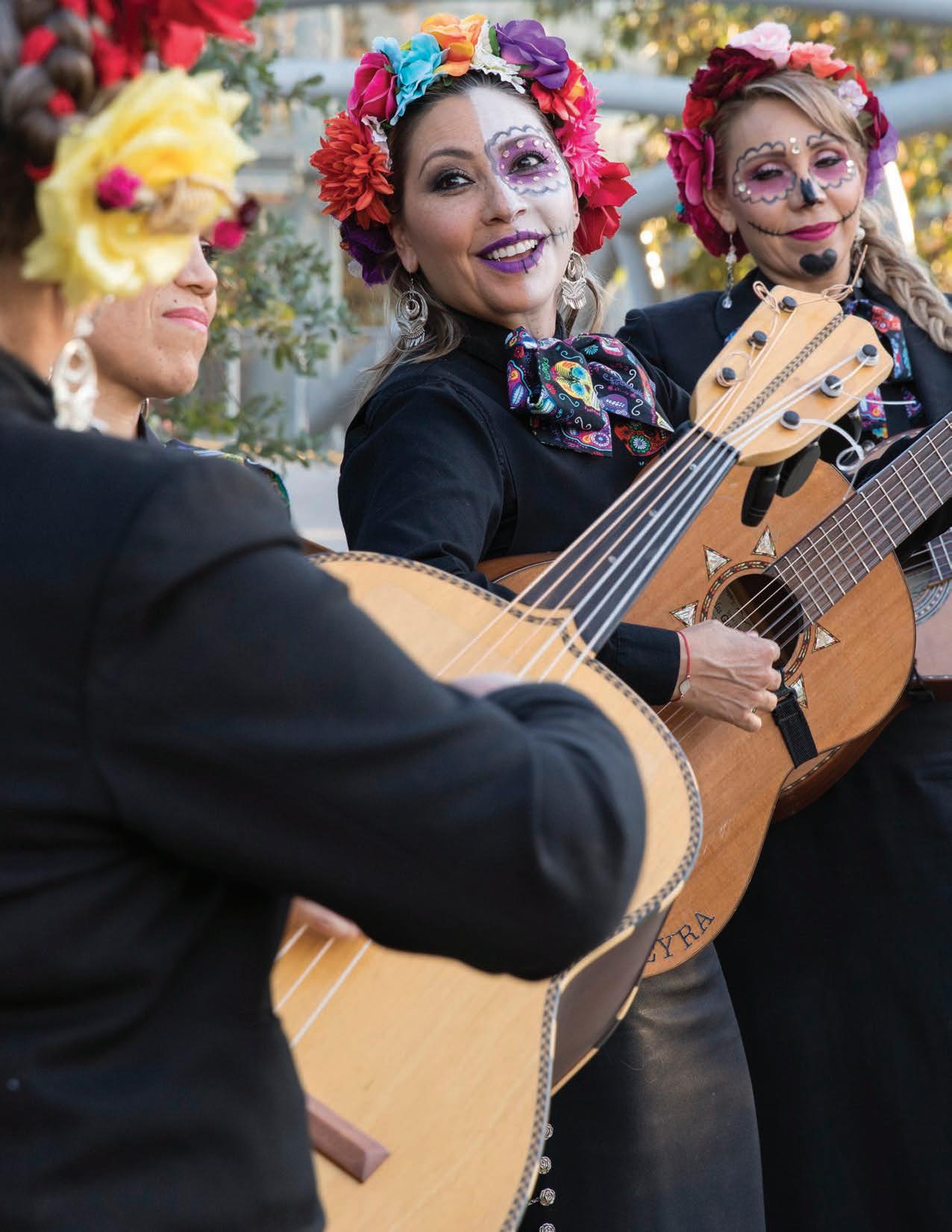
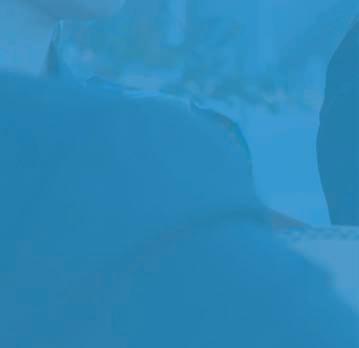
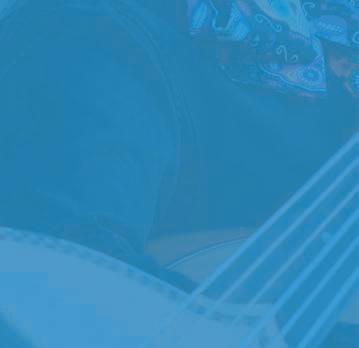

To be an actively intersectional and anti-racist institution, NHMLAC aims to enable its mission by developing stronger connections between its staff and community. We will provide resources to empower individuals with the support and opportunities necessary to ensure a sense of belonging.
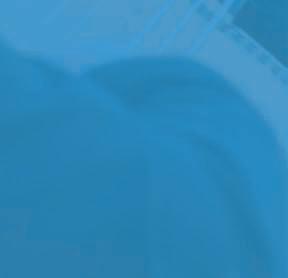
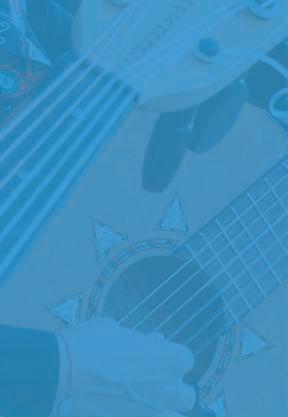
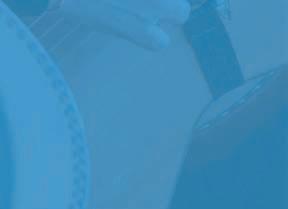
Created an online storytelling initiative, NHM Online Presents, as part of the Being L.A. community engagement initiative. These stories and videos uplift individuals representative of the diverse communities of Los Angeles in support of L.A. County’s history and heritage months.
Made a commitment that 100% of new exhibitions are bilingual (English and Spanish).
Generated other language offerings, including virtual Dino Hall tours available in Mandarin, Spanish, Korean, Eastern Armenian, Filipino, and Western Armenian.
Launched an ASL virtual Dino Hall tour, a collaborative endeavor developed in partnership with ProBono ASL, which features insights from Neil Cordova, one of the founders of ProBono ASL and an NHMLAC volunteer.
Created Sensory-Friendly public programs:
• Sensory-Friendly Dino Encounters Program: This monthly program is tailored to individuals with sensory sensitivities, offering a modified environment to accommodate their needs.
• Sensory-Sensitive Field Trip Program: Similarly, we host a monthly field trip program that caters to the sensory needs of participants, fostering a comfortable learning environment.
• Sensory-Friendly Kits: To further support guests with sensory sensitivities, sensory-friendly kits are available for checkout.
• Digital Guides/Resources: NHMLAC has also developed a series of digital guides and resources to enhance the pre-visit experience:
• Visual Checklist: A comprehensive checklist enabling guests to familiarize themselves with our facilities before their visit.
• Social Narrative: A detailed overview of the museum experience, helping individuals better understand what to expect during their visit.
• Sensory Guide: Tailored specifically for those with sensory sensitivities, this guide offers insights into how to navigate our museums comfortably.
As the first point of contact for visitors, the Guest Relations team enhances the visitor experience and IDEA values. They have played a crucial role in developing comprehensive communication plans, including a Spanish-language universal style guide, and advancing gender equity, awareness, and inclusivity through updated signage, brochures, and digital communications.
SOLUTION BOUND: AN ACTION PLAN
Innovating bilingual accessibility for exhibitions, with updates to didactics in diorama halls and other permanent displays.
Extensive translation and transcreation of wayfinding, didactics and educational materials, including complete bilingual accessibility throughout NHM Commons.
Launching the Spanish-Language Universal Style Guide to provide guidelines for translating and transcreating content into Spanish.
Evolving the expression of Native American culture in our exhibitions and programs through partnerships with Native American advisors, including adopting the Los Angeles County Land Acknowledgement and expanding online offerings on Indigenous culture.
NHMLAC is proud to be a part of a vibrant and diverse community of Angelenos who are coming together to educate, reflect, and celebrate how L.A. residents have helped shape Los Angeles. We launched Being L.A. as a community engagement initiative celebrating L.A.’s thriving and
vibrant communities. With our archives and collections, we look back at the lives and feats of the Angelenos who came before us. With our exhibitions, programs, and partnerships, we make connections between the past and present, weaving together history with stories from people who call Los Angeles home.
Members of our advisory groups collaborate with our community engagement, education, public programs, and exhibitions staff to help us ensure we are engaging with our local communities in an authentic and intentional way.
NHMLAC convened two advisory groups for the development of the new community hub, NHM Commons, to advise on all aspects of the design and programming of the wing. The NHM Commons Native American Advisory Council and the NHM Commons Advisory Coalition have been instrumental in this major project, opening in November 2024. NHMLAC will continue to work with council groups on upcoming initiatives and projects.
The foundational work of the Native American Advisory Council, which represents various descendant communities in Southern California, including Gabrieleno-Tongva, Tataviam, Chumash, and Ajachmem, is rooted in determining ways to build a sense of welcome, acknowledgement, and respect for Native people who enter this space and opportunities to remind, express to and educate visitors that Los Angeles is on Native land.
Members include: Cultural educator and traditional Chumash textile artist Tima Lotah Link, Schmuwich, Chumash Artist
and activist L Frank Manriquez, Tongva / Ajachmem / Rarámuri, Archaeologist Desireé Renee Martinez, Tongva, Tíat Society, Mark Villasenor, Tribal Senator, Fernandeño Tataviam Band of Mission Indians, and Samantha Morales Johnson, GabrielenoTongva Band of Mission Indians
The Council’s Native American community leaders worked closely with NHMLAC staff and landscape architects Studio-MLA to advise on the NHM Commons’ Community Plaza entry and landscaping to incorporate aspects that acknowledge the unceded lands in Los Angeles County and honor the communities of Native Americans who call Los Angeles their home.
The NHM Commons Advisory Coalition is a group of community leaders identified and recruited by NHMLAC’s Programs and Community Engagement teams to help develop new programming and community initiatives leading up to the opening of NHM Commons and beyond.
NHM Commons Advisory Coalition members consulted on community collaborations for future theatrical and public programming, as well as topics and content ideas relevant to their communities.
The members of the Coalition are: Betty Avila, Executive Director, Self Help Graphics & Art, Dr. Carroll J. Brown III, Director, Fostering Resiliency Project (FRP), Paula Cizmar, Resident Playwright, Environmental Justice and professor of theater practice at USC School of Dramatic Arts, Jewel Delegall, Chief Program Officer, A Place Called Home, David Levine, Chief Creative Officer, Anonymous Content, Karen Mack, Executive Director, LA Commons, Samantha Morales Johnson, Tongva Taraxat Paxaavxa, Conservancy Land Return Coordinator, Gabrielino Tongva Band of Mission Indians, Dr. Yewande Pearse, neuroscientist, science communicator and business analyst, Jacob Pratt, Producer and Director at Skoden Entertainment, Mark Rose, Recreation Supervisor, City of Los Angeles Department of Recreation and Parks, and Expo Center, Katherine Yeom, and Executive Director, Korean American Family Services.
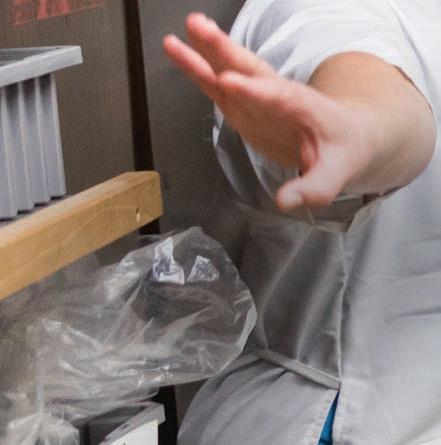
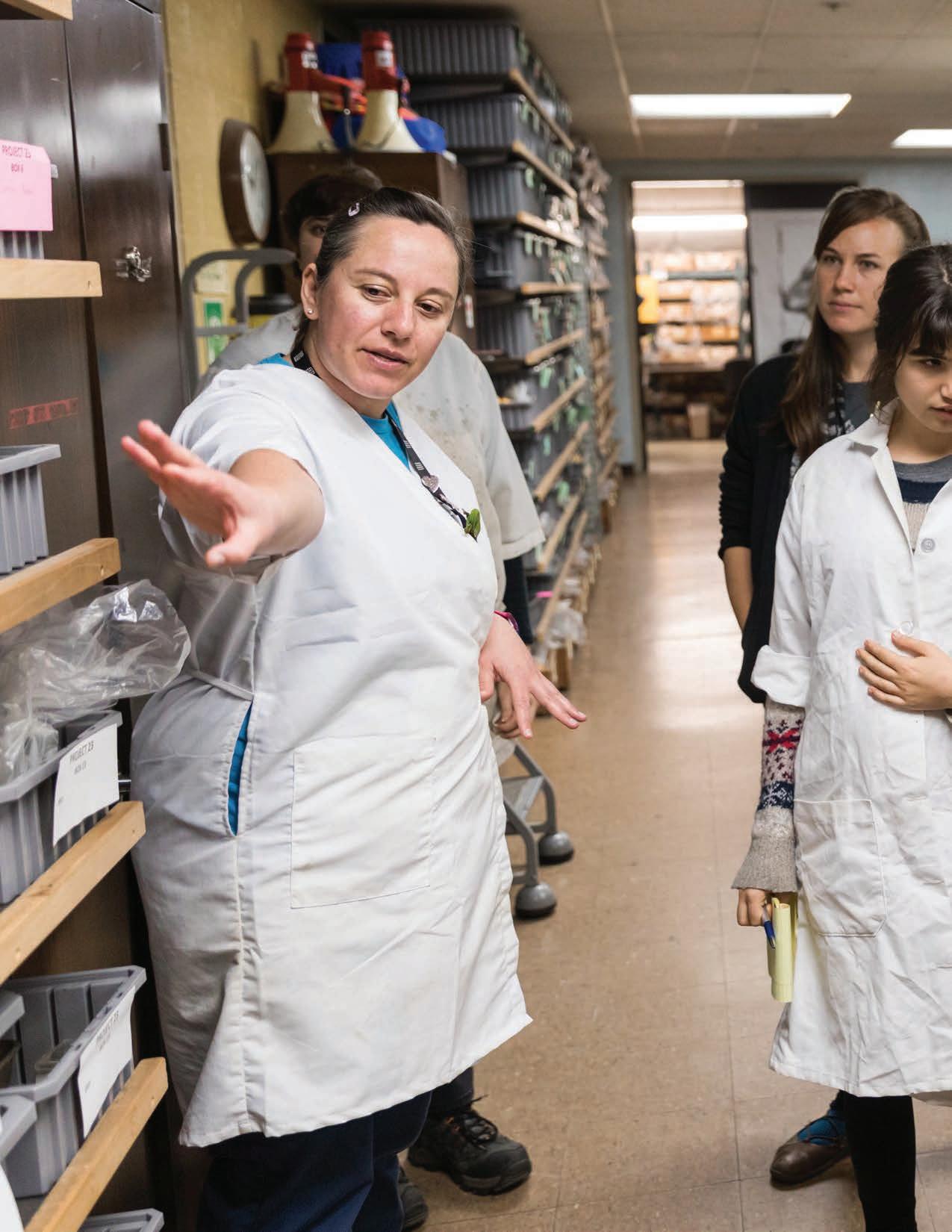
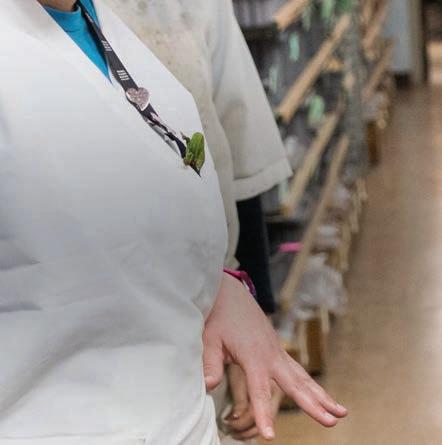

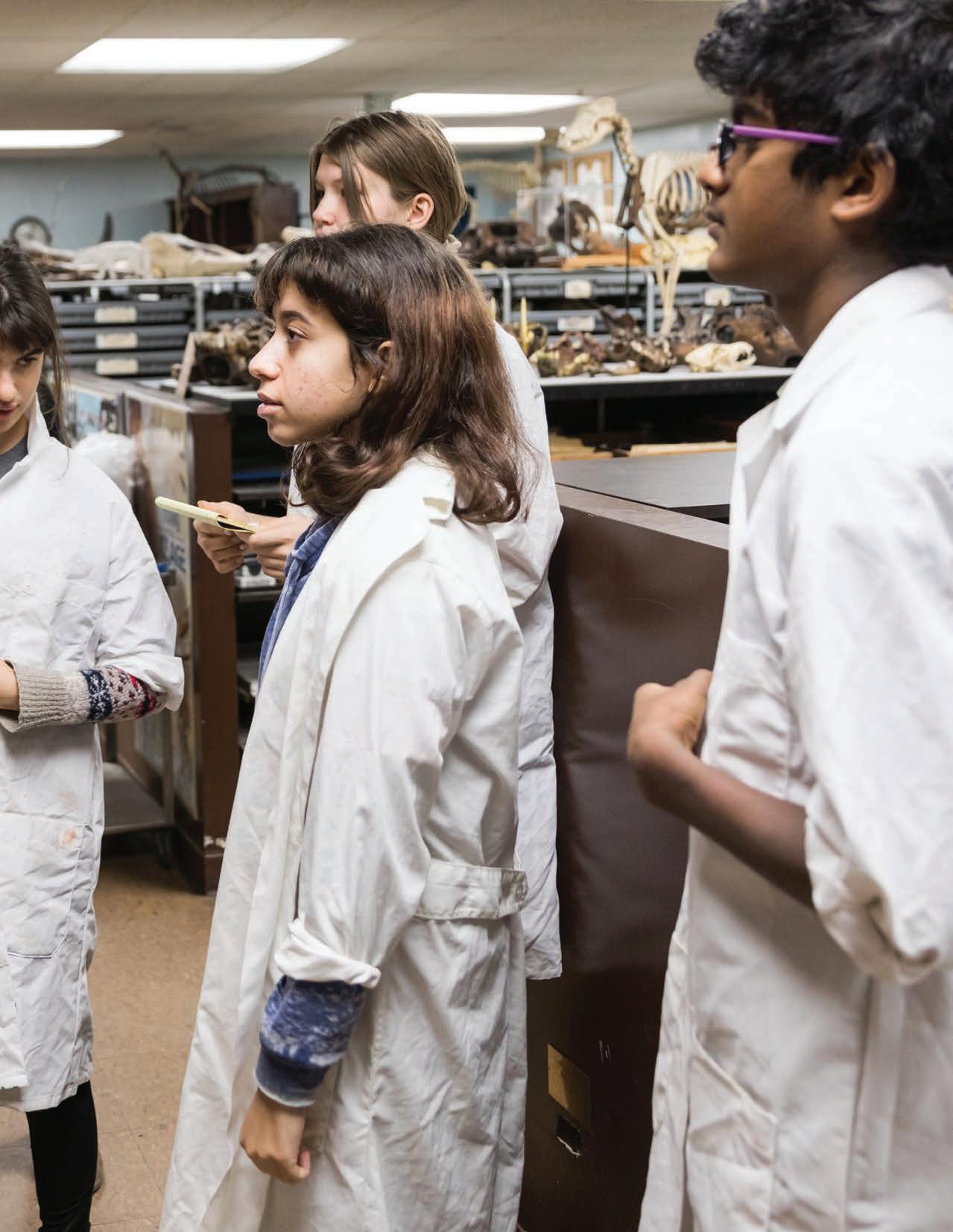
Improving recruitment processes is a key step toward increasing workplace diversity and equity. In 2022, NHMLAC's Human Resources Department (HR) team developed an ambitious strategy to innovate institutional practices when it comes to developing a healthier internal team. This work began with researching how other institutions have changed their recruitment processes to increase diversity and inclusion. The primary sources of inspiration were the University of California, Los Angeles, which implemented a mandatory 50% BIPOC candidate pool, and the New York Philharmonic, which famously instituted a blind interview strategy.
Using our HR data, we found that most candidates, including BIPOC candidates, found our job opportunities on the website, Indeed, rather than from IDEA-centric job boards. Furthermore, these candidates sourced most frequently filled entry-level to early mid-level positions while demonstrating diversity comparable to Los Angeles County overall. Fostering diversity in leadership roles continues to be an area for growth, and we have begun to identify and partner with recruitment agencies specializing in managerial and leadership
positions that have embedded IDEA into their candidate identification process. With this insight, we focused on diversifying managerial and executive roles. A major first step in this practice was to achieve the 50% BIPOC candidate pool requirement, which in turn significantly increased diverse representation in leadership positions.
NHMLAC has diversified hires across all tiers, particularly in leadership capacities. In FY24, 78% of all promotions were among employees who identify as BIPOC, reflecting a 23% increase from FY23 and aligning with our goal to mirror the demographic makeup of L.A. County.
This practice underscores NHMLAC’s unwavering commitment to internal staff advancement and its dedication to aligning with the Racial and Cultural Equity plans outlined for the County. By adopting innovative strategies from the recruitment field, NHMLAC not only enhances its organizational strength but also champions diversity and inclusion as core values in the broader cultural landscape.

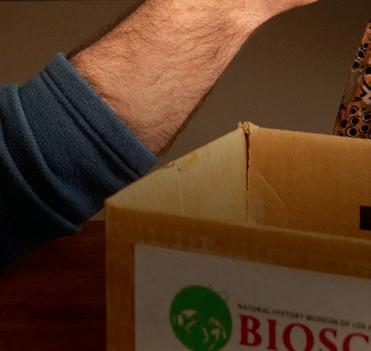
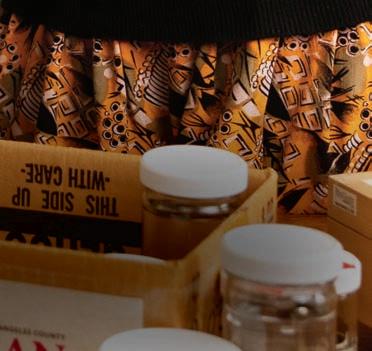
By adopting innovative strategies from the recruitment field, NHMLAC not only enhances its organizational strength but also champions diversity and inclusion as core values in the broader cultural landscape.

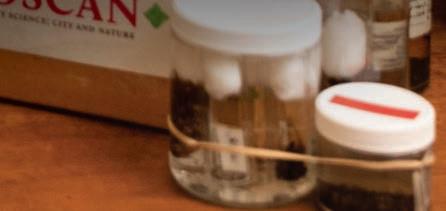

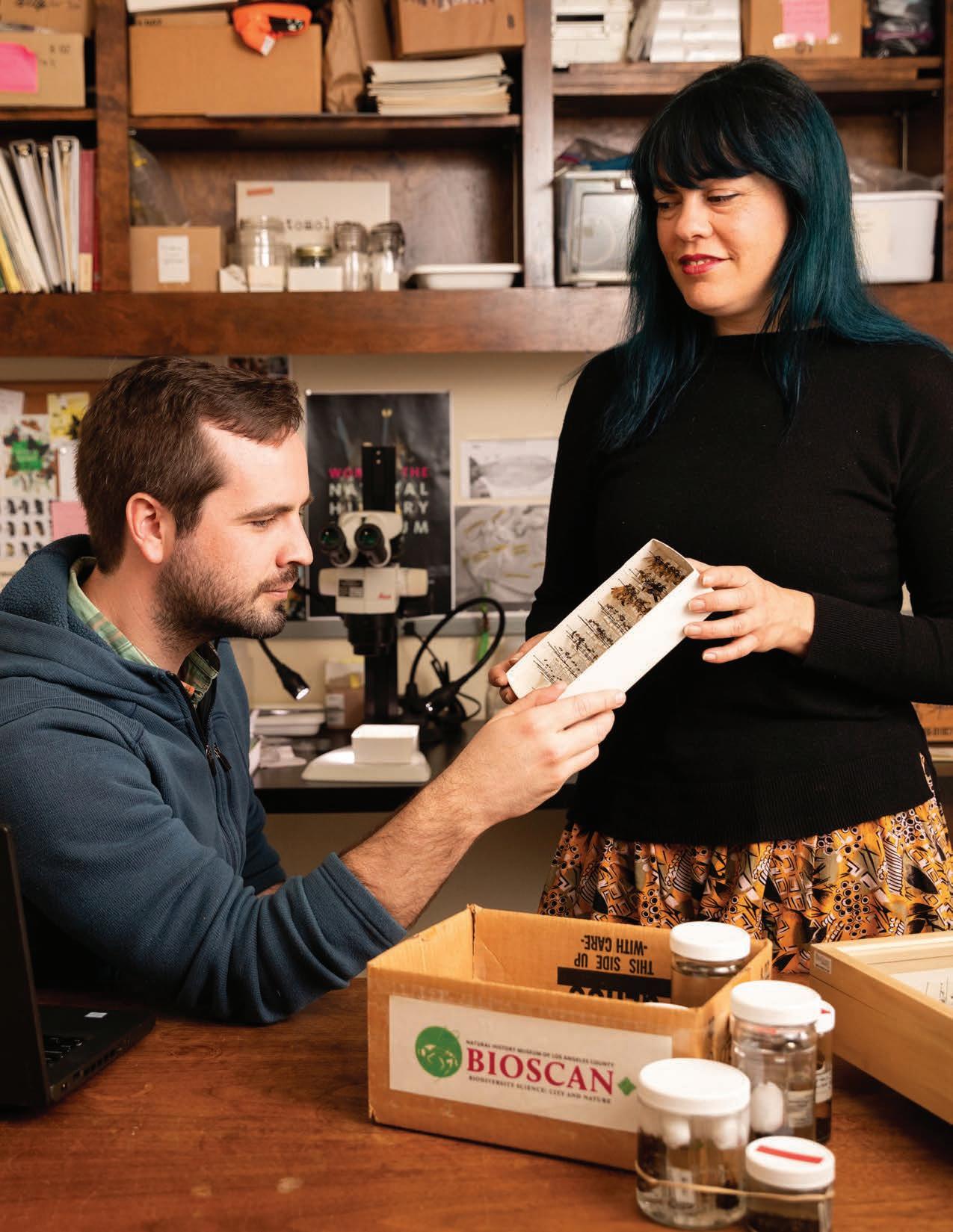
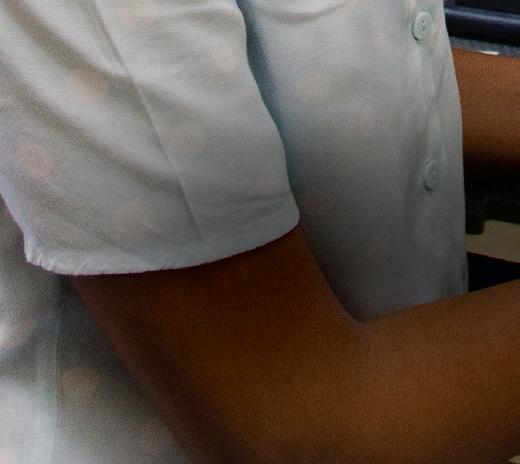

NHMLAC is developing a strategic, innovative approach to STEAM workforce development through work-based learning, mentorship, and applied skill building.
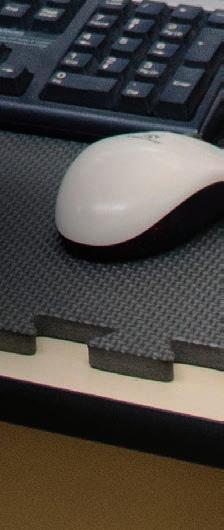
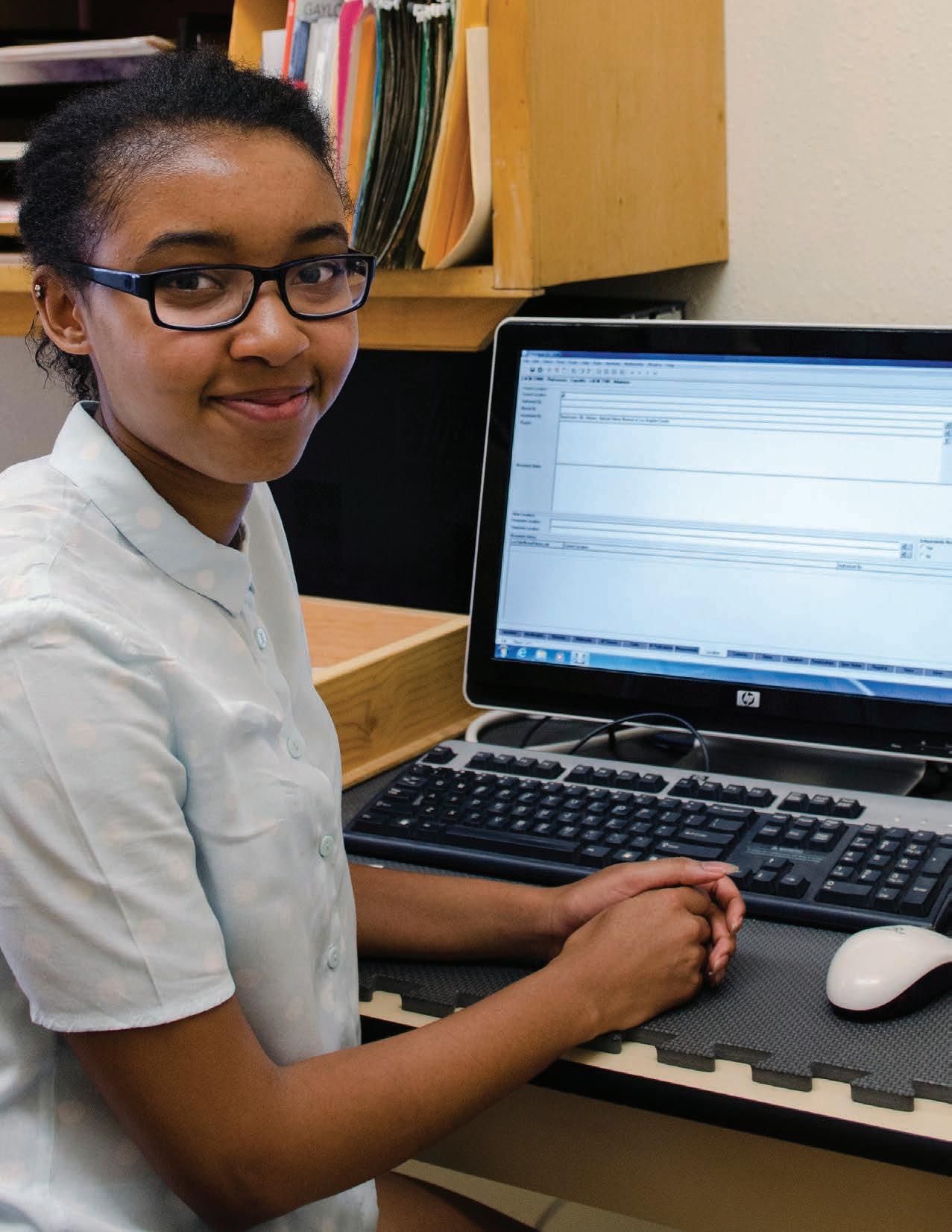
With the launch of our STEAM Pathways initiative, NHMLAC strives to both deepen and broaden the career-building offerings at our museums. In doing so, and by prioritizing those for whom barriers to these careers are frequent and pervasive, we are investing in a more diverse and representative STEAM workforce. NHMLAC is developing a strategic, innovative approach to STEAM workforce development through work-based learning, mentorship, and applied skill building. STEAM Pathways encompasses the many varied types of work happening at our museums, including research, informal
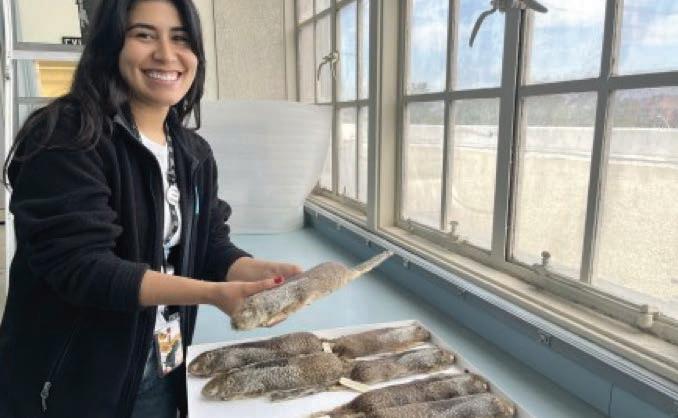
Cassandra Garcia, UNLAB Mentee, with specimens The UNLAB Program: Launched in 2022 and funded by the NSF, “Understanding Nature and Los Angeles Biodiversity (UNLAB) through museum collections and field-based research” is a post-baccalaureate training program based in the Research and Collections Department. Over three years, the program will host three different cohorts of 8–12 mentees for year-long experiences focused on collections-based biodiversity research, professional development, and STEAM/museum learning.
education, creative design, exhibition development, finance, and operations. Through a combination of offerings such as internships, volunteering, apprenticeships, and other mentoring programs, we can offer learners of all ages valuable opportunities to explore STEAM careers. We are committed to contributing to the development of a competitive and diverse STEAM workforce by prioritizing participants from communities that have been systematically under-resourced and marginalized in these fields and reaching a wide variety of ages, interests, and needs. CASE STUDIES: STEAM PATHWAYS
In 2022, our museums engaged 32 interns and 157 volunteers across our sites and departments. We exceeded these numbers in 2023, with 42 interns and more than 250 volunteers, and adding eight apprentices through the newly-launched UNLAB Program. Each participant in one of these Pathways programs not only gains job-specific skills and knowledge they also participate in a variety of professional development offerings that are applicable to any number of future career choices. Importantly, these experiences center accessibility by either offering compensation through pay or school credit or by crafting opportunities in a way that allows maximum participation (as in the case of volunteer experiences).
NHM is a recognized leader in the study of urban biodiversity, and a major proponent of the philosophy that nature exists for everyone and is everywhere, not just in far-off, wild places, but in our schoolyards, parks, green spaces, and backyards too. Our education programs have long been a significant platform for nurturing interests in the sciences and the natural world among some of the most underserved youth in the nation. With nearly 75% of visiting schools designated as Title 1 campuses, sometimes the only enriching, out-of-class nature activity students will experience all year is at one of our museums. Through numerous partnerships with local youth organizations like Expo Center and area high schools, community colleges, and universities, NHMLAC plays an important role in introducing young people to careers in the environmental and natural sciences through internships, fellowships, volunteer experiences, and work-study opportunities, ensuring that future generations of scientists better reflect the culturally rich and diverse
populations of Los Angeles. On average, NHMLAC’s School and Teacher Programs provide close to 155,000 K-12 students and teachers with free museum admission and high-quality activities grounded in Common Core and Next Generation Science Standards. With exciting, informal learning experiences to engage students outside of the traditional classroom setting, field trips to NHM provide an accessible educational environment that connects students to the wonders of our natural world. School visitors can discover vibrant urban wildlife with our Community Science programs or interact with real paleontologists preparing fossils right inside our gallery spaces. In addition to free daily admission and monthly educator workshops, teachers can also access a suite of online, grade-based resources to help prepare for their students’ visit or support in-class curriculum with real-world examples from our collections.
Our current suite of programs includes Internship Programs, Wild LA Outdoor Equity Programs, Dinosaur Institute Summer Internship Program, GCC Biology Internships, Paleo Prep School at La Brea Tar Pits, and external collaborations such as Getty Morrow Internship, Princeton Internship for Civic Service, and Occidental College’s InternLA Program. In 2022 we launched Understanding Nature and Los Angeles Biodiversity (UNLAB), a postbaccalaureate training program which focuses on museum collections and field-based Research, and is funded by the NSF. We also collaborate with the Broad’s Diversity Apprenticeship to host apprentices in exhibition development. CASE STUDIES: STEAM PATHWAYS
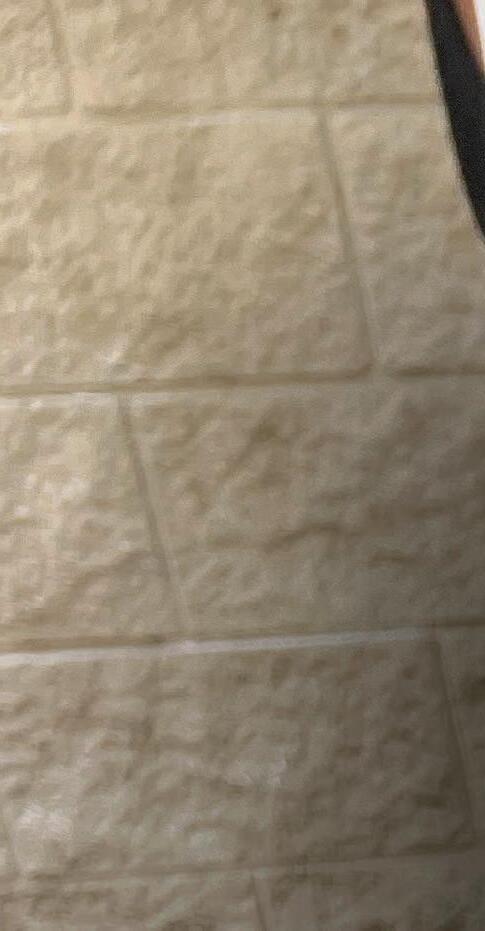
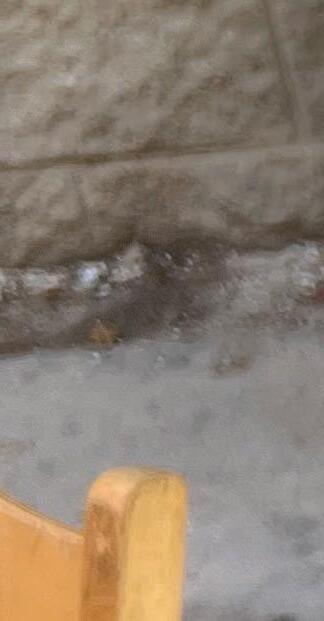
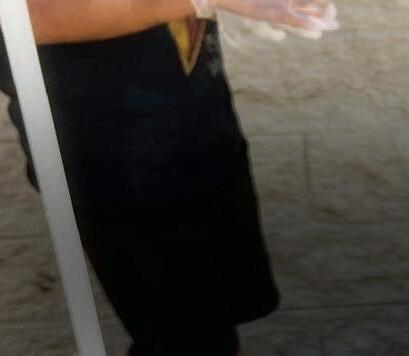
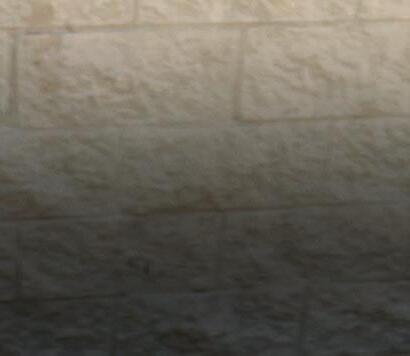
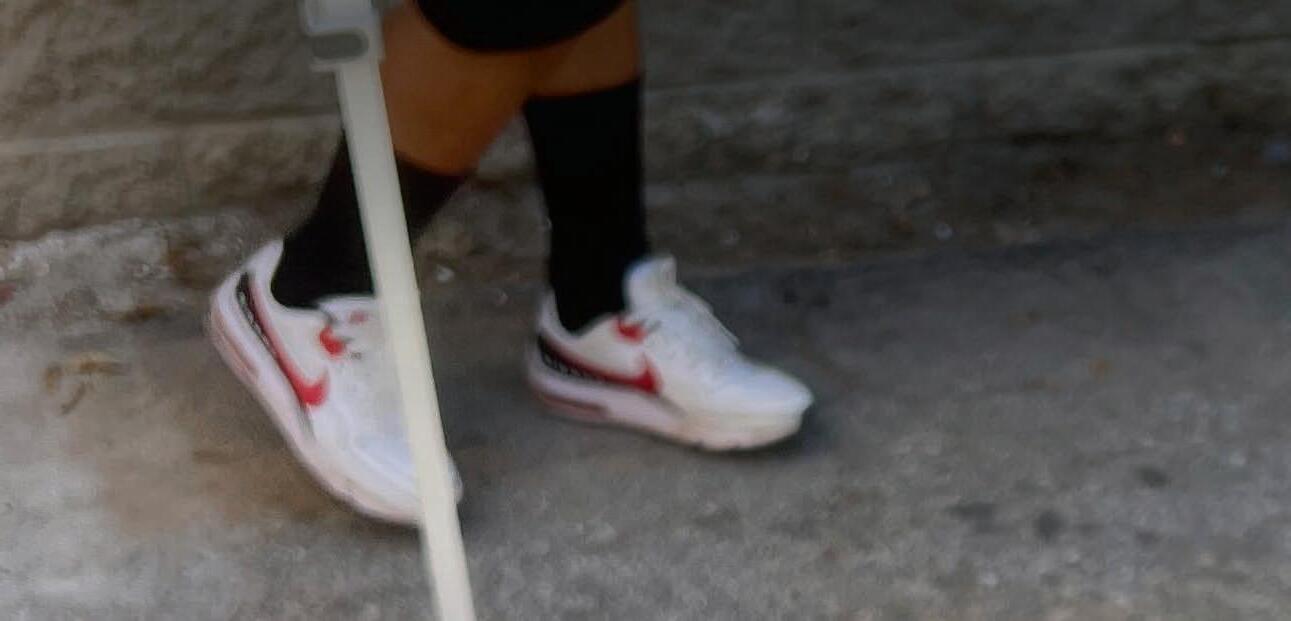
NHM is a recognized leader in the study of urban biodiversity, and a major proponent of the philosophy that nature exists for everyone and is everywhere, not just in far-off, wild places, but in our schoolyards, parks, green spaces, and backyards too.
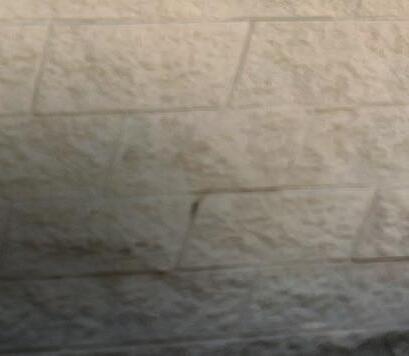
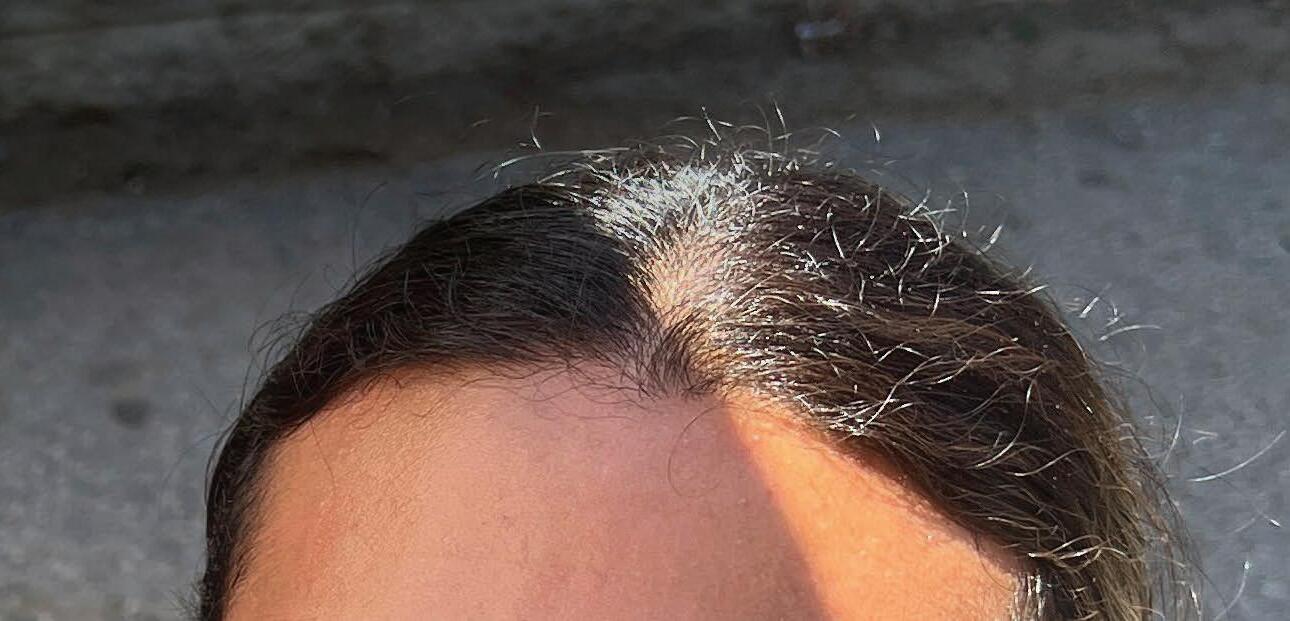
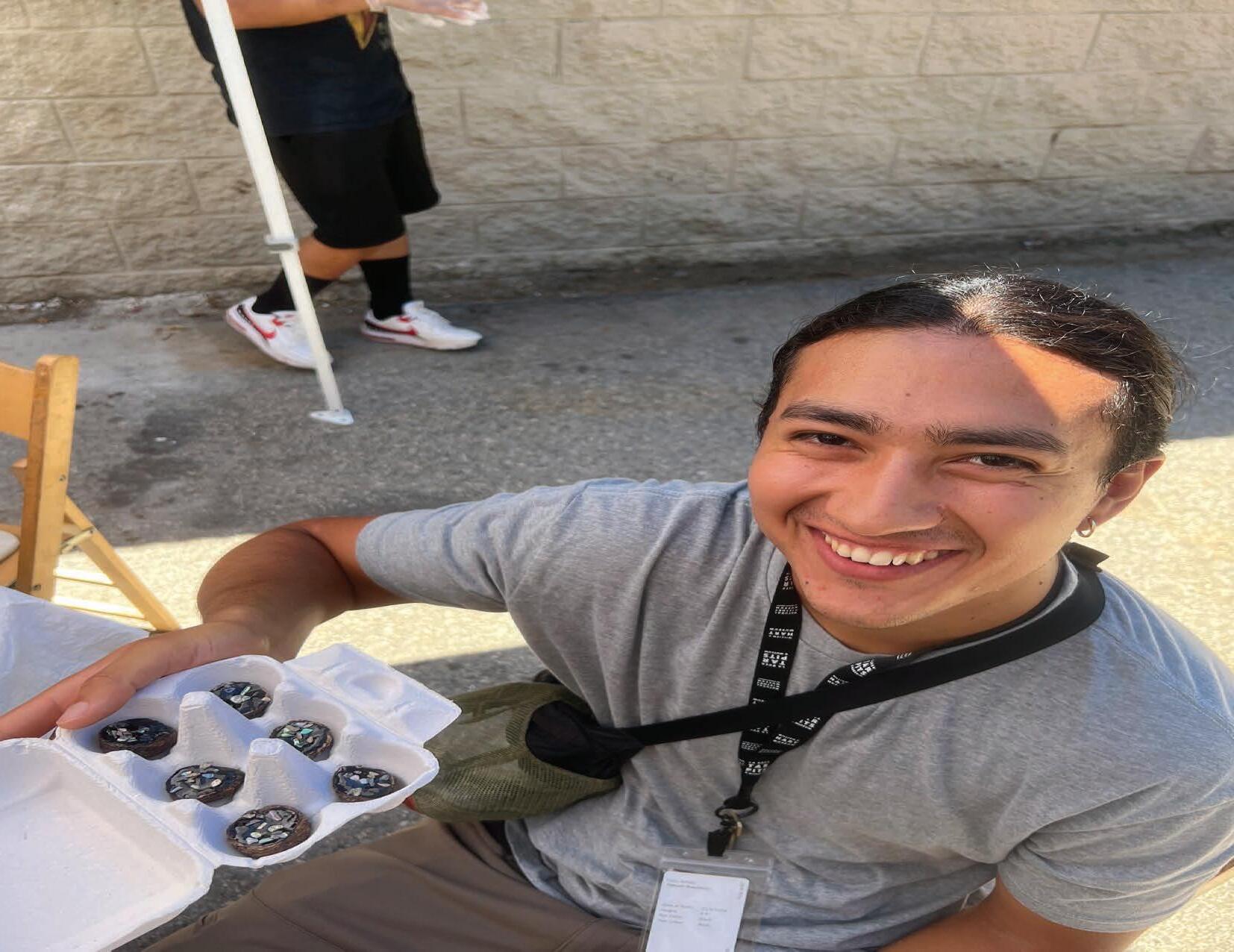
For more than 70 years, NHMLAC’s Volunteer Program has engaged the community of Los Angeles in authentic museum work through meaningful and enriching volunteer experiences. People of all different experience levels, interests, ages (from teens to nonagenarians), and backgrounds bring their passion for lifelong learning to NHMLAC, donating their time to contribute to the educational and research-focused mission of the museum. The Volunteer Program is both a community engagement program and a workskills development program, empowering participants to shape their own relationship with the work of the museum, to build skills and experiences that matter to
them. Prior to the pandemic-related pause, the Volunteer Program supported over 650 volunteers annually. In FY 2024, 300 incredible volunteers provided over 27,000 hours of volunteer service through exhibition interpretation, fossil preparation, collections care, live animal support, taxidermy, specimen sorting, data entry and relabeling, and many more projects. Whether supporting a volunteer on a specific STEAM career pathway, helping them to develop general but vital professional skills, or simply offering a chance for something fun, the impact of the Volunteer Program is felt by hundreds of Angelenos every year.
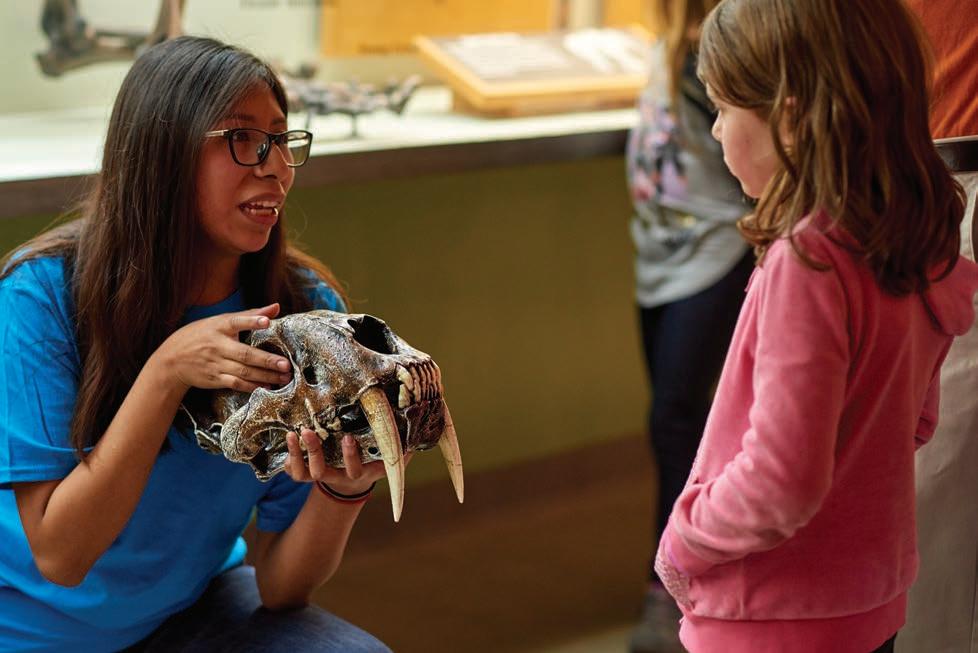
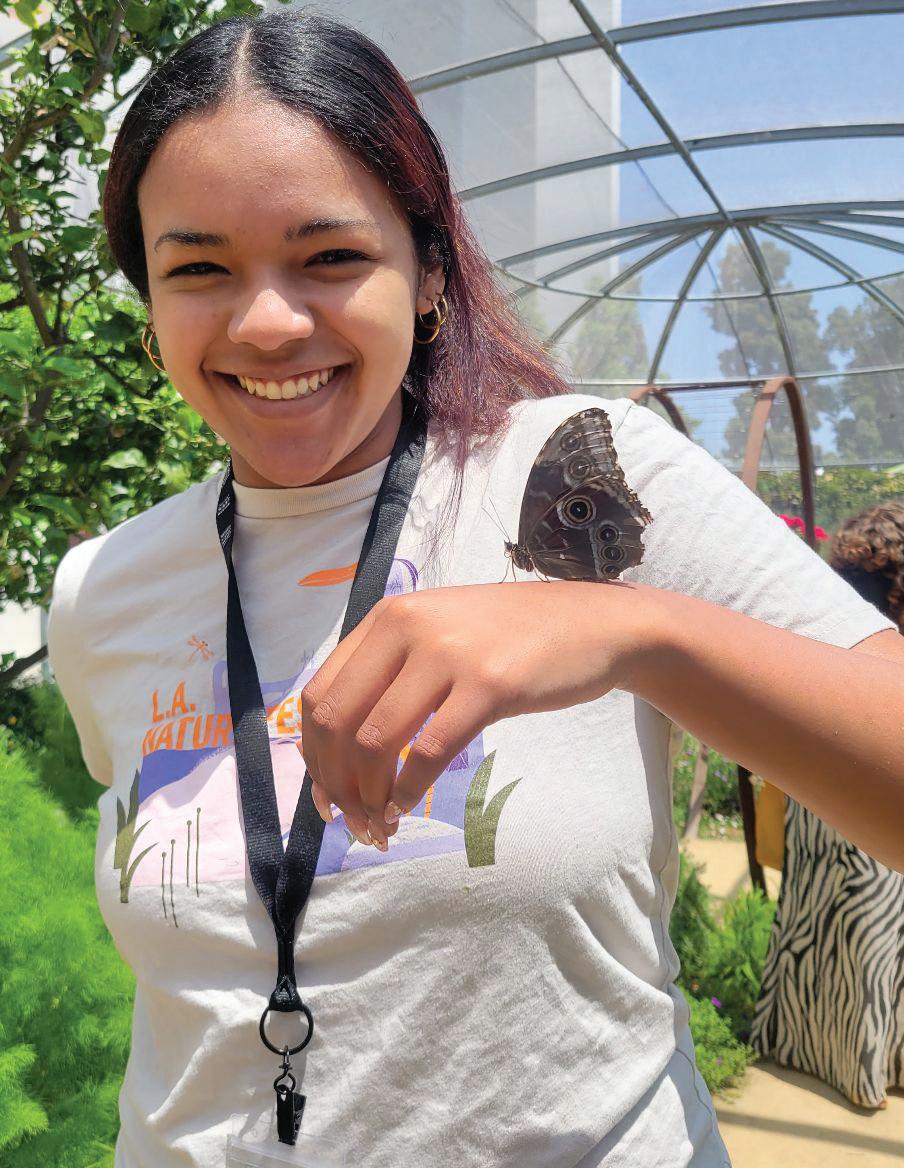
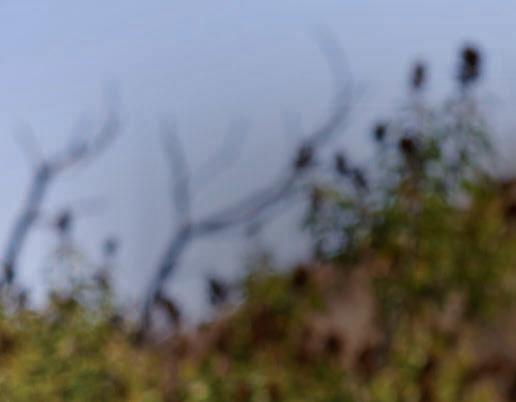
“Seeing their passion for the animals they study was really special. I am glad they shared their passion with us.”
– Wild L.A. participant
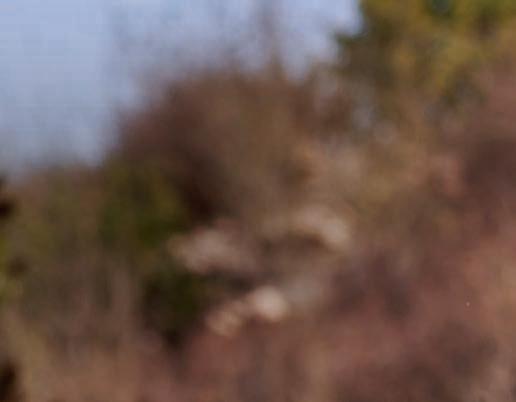


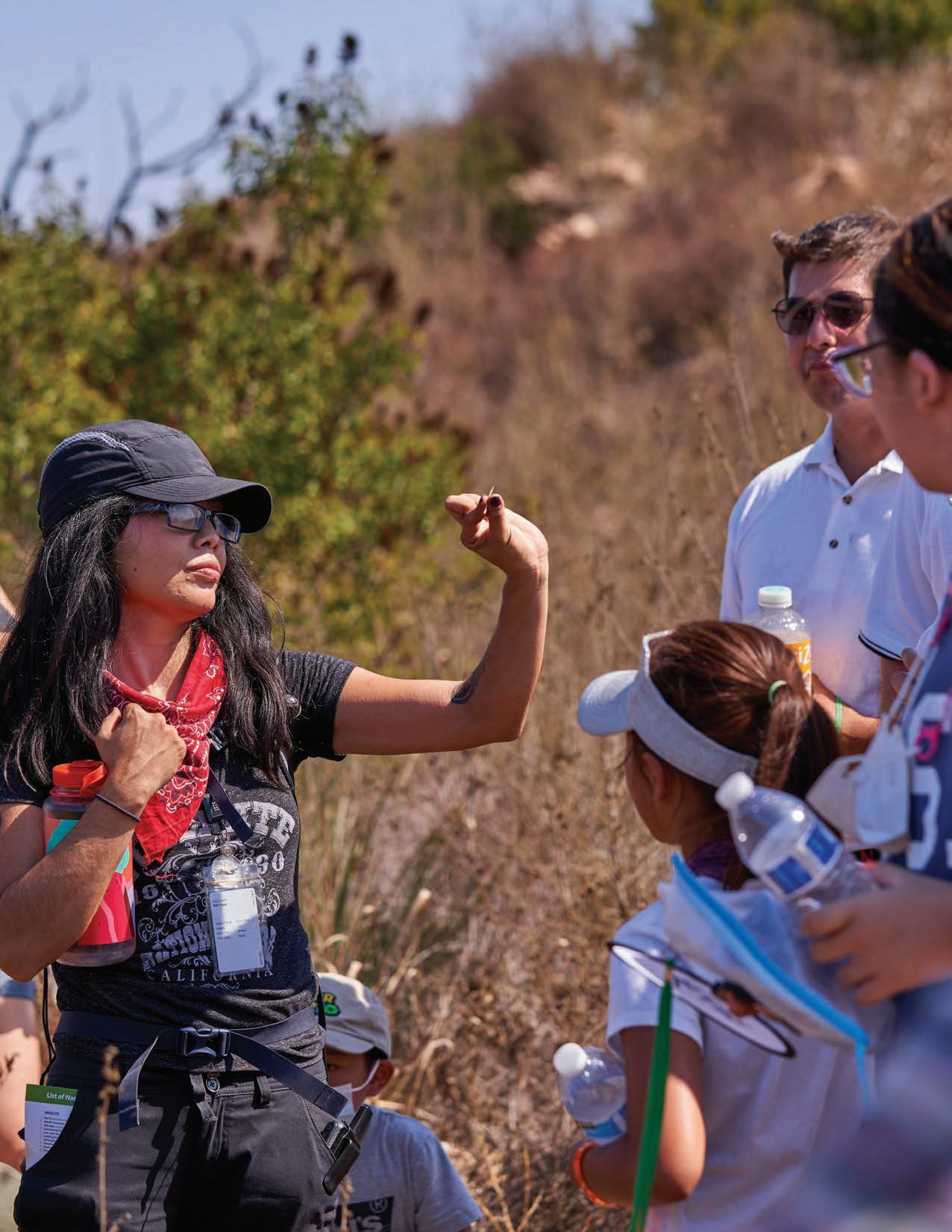
The City of Angels is famed as a cultural powerhouse, but our natural wonders and local communities are also stars.
Accessing the wild places around L.A. and the benefits of exposure to nature should be for possible everyone, but societal barriers have often kept less advantaged communities out. With a new grant-funded program, NHM and Community Partners are hoping to ensure young Angelenos experience the wonder of our natural world.
Our program—The Natural History Museums of Los Angeles County and Wild L.A.: Explore the Amazing Nature In and Around L.A.—recently received grant funding from the California Department of Parks and Recreation’s Outdoor Equity Program. Under this program, NHM researchers explored Charmlee Wilderness Park on a day hike with KFAM (the Korean American Family Services) one of NHMLAC’s Community Partners.
The Charmlee nature walk is the first of a planned series of outings connecting
multigenerational communities of Angelenos with nature and incredible museum researchers like Ornithology Collections Manager Dr. Young Ha Suh. Dr. Suh keeps specimens in good condition, helping researchers (and other folks) to access more than 123,000 specimens in the Ornithology Collection. However, for Dr. Suh, connecting the public to museum research was also a big draw to working at NHM.
Along with the Community Science team and other museum experts, Dr. Suh introduced participants to the outdoors through education collections and any nature that stood out along the trail. The experience left its mark on KFAM participants and NHM staff alike.
“Getting the opportunity to have museum researchers with us made the experience incredible,” said one participant. “My family enjoyed hearing facts directly from them. Most of all, seeing their passion for the animals they study was really special. I am glad they shared their passion with us.”
CASE STUDIES: WILD LA
The hike’s standout nature encounter was clear: mountain lion poop. “I think everyone’s gonna say this,” says Dr. Suh. Surprising? Maybe, but she points out that it’s a rare find, and Community Science Co-Manager Miguel Ordeñana’s passion for pumas was catching. “Everyone was looking and taking photos. It’s evidence of this large charismatic wildlife around us, and you know people were so fascinated by it.”
Ordeñana, who is also a wildlife biologist, and other NHM staff shared their nature expertise—including why mountain lion scat is so cool!
Young KFAM participants backed her up. “It was a very hot day, but I learned a lot about the mountains, the different type of animals, especially the birds, that live in these mountains and near me,” said Kaylee (age 11). “We got to walk the paths of mountain lions and enjoy the beautiful nature that was all around us. I had a lot of fun and hope we can do more of these trips again.”
“I honestly didn’t know what to expect when I signed up,” says Dr. Suh. “The hikers had
so many questions and we would point out things along with nature guides like Miguel or Sam. They were really interested in what they were seeing. It was awesome.”
While these outings are meant to foster an appreciation of our natural world and break down barriers to accessing our shared wild spaces, another goal of the grant is to make future high school and college students more aware of natural history and conservation as real career possibilities.
Nothing is quite as inspiring as spending time in nature, and it is hoped that these outings can help plant the seeds to inspire future generations of scientists and environmentalists—generations that might better reflect the rich diversity of Los Angeles.
“After this field trip, I convinced my mom and dad to go on nature walks at least once a week,” says Sam (age ten). “We go at least once a month. I really want to learn more about insects that live around me.” A budding entomologist? Or a young Angeleno who wants to get into nature more? Either way, it’s awesome.
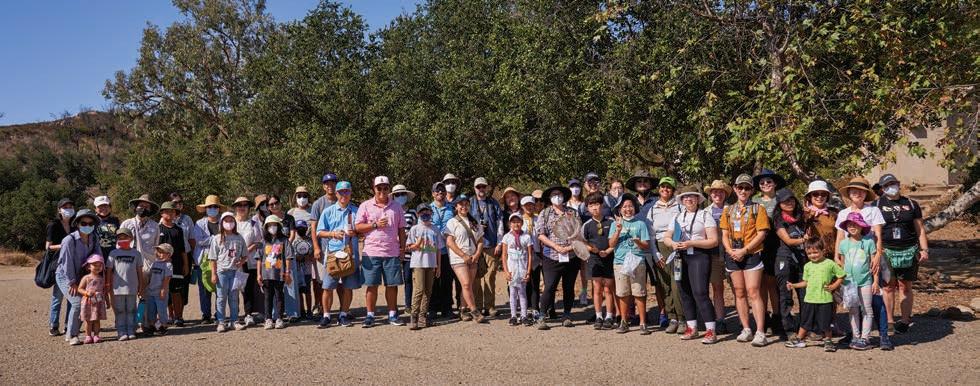
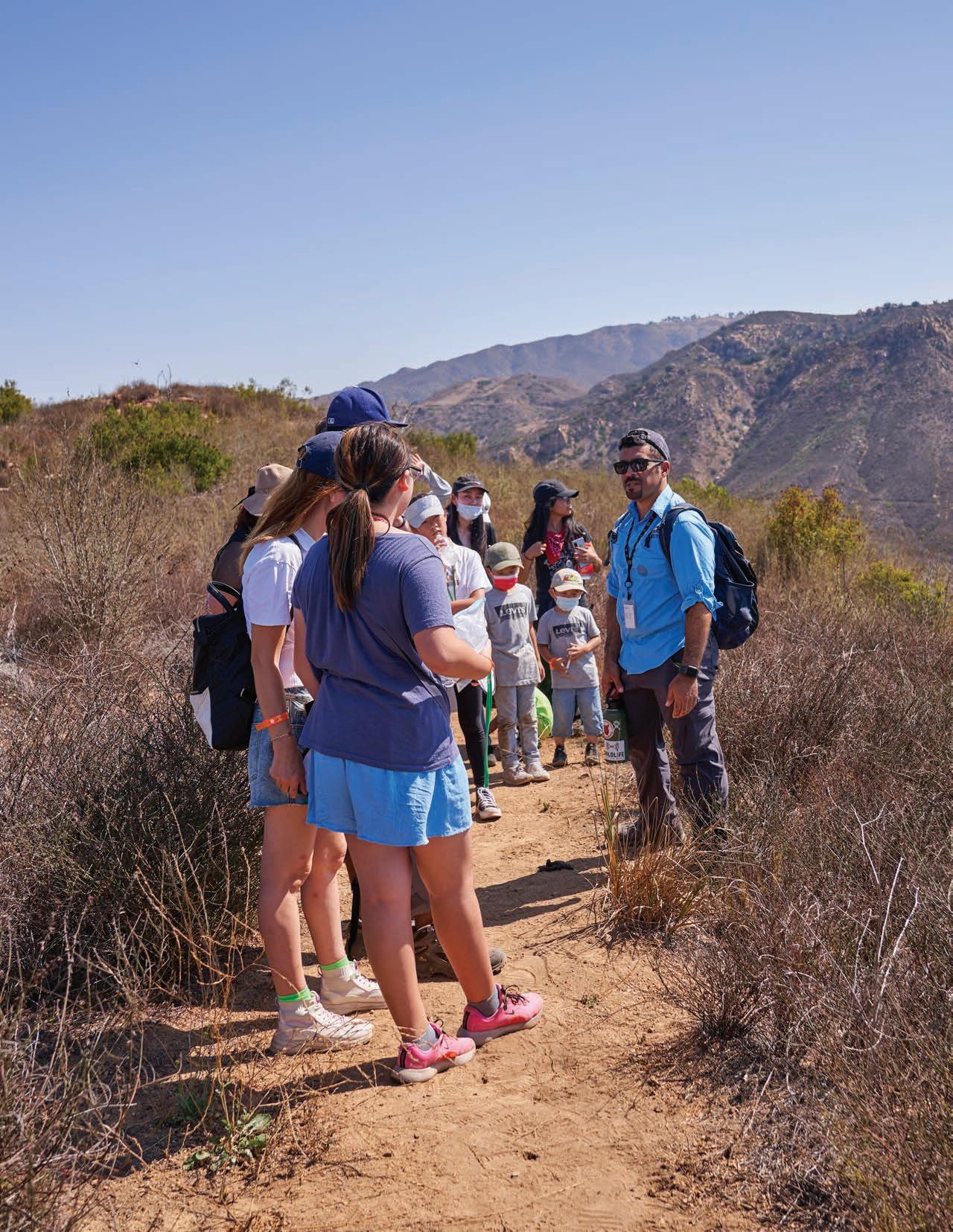
“We got to walk the paths of mountain lions and enjoy the beautiful nature that was all around us.”
– Wild L.A. participant
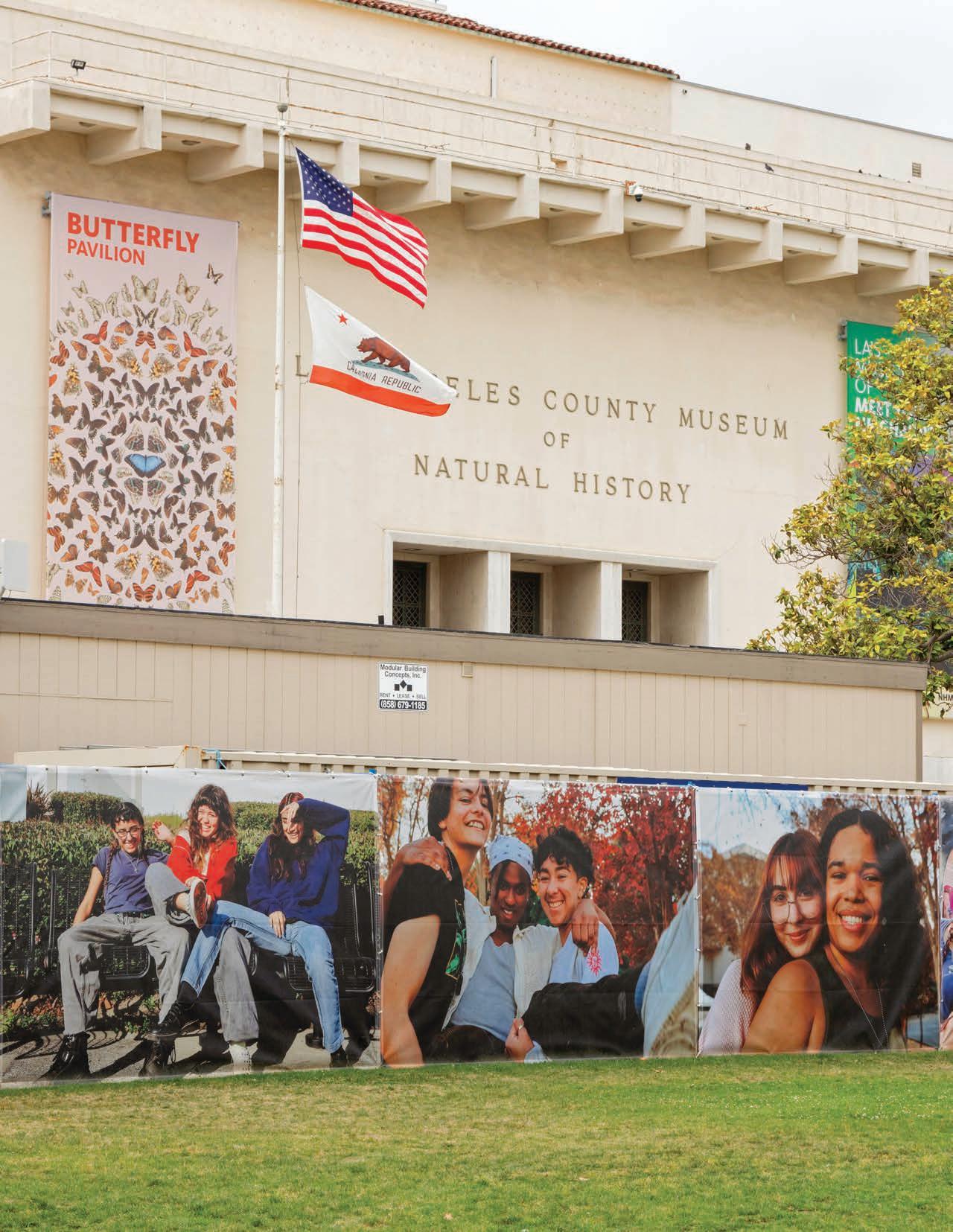
In a collaboration between NHM and Las Fotos Project, teenage girls and genderexpansive youth from communities of color were invited to reflect on the theme of “becoming” to celebrate the transformation the NHM Commons project brings to the museums and our community.
Las Fotos Project’s mission is to elevate the voices of teenage girls and genderexpansive youth from communities of color through photography and mentoring,
empowering them to channel their creativity for the benefit of themselves, their community, and their future careers. Three youth photographers from Las Fotos Project’s CEO (Creative Entrepreneurship Opportunities) program leveraged their visual storytelling skills and high-quality photography to depict new beginnings in L.A. NHM is thrilled to elevate the voices and art of the Las Fotos Project community as one of the museum’s Community Partners.
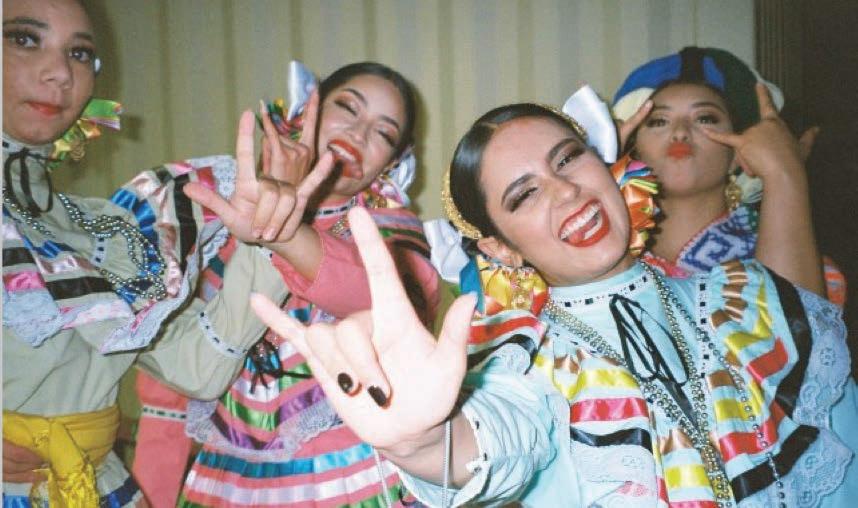
Youth from Las Fotos Project capture the essence of 'becoming' in a vibrant collaboration with NHM.
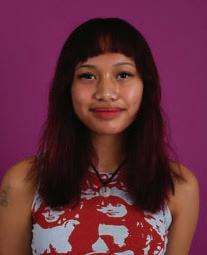
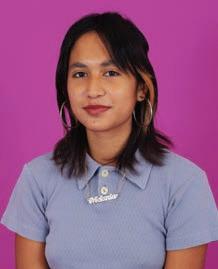
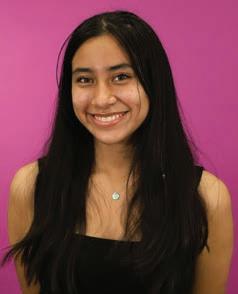
Caitlin Jane “CJ “ Calica (she/her) is a 17-year-old photographer from Glendale, California. Her interest in photography was ignited by taking photos for her high school’s Yearbook Club. She is passionate about capturing the environment and people around her. She has been a member of Las Fotos Project for over four semesters, focusing on self-expression through mixed media pieces. Her work incorporates a variety of media, from overlay sketches to collages, all with the objective of honoring her Filipino ancestors and religious background. Inspired by the work of Nadia Lee Cohen and Matsuzuki Akemi, Calica aims to construct a signature look that is distinguishable by its color schemes and symmetry. Her future aspirations include continuing to work in editorial and mixed-media photography and working with more brands.
Melania Espinal (they, age 16) lives in Los Angeles. Being hypercurious, ambitious, and idealistic, they usually find themselves daydreaming about their future and new creative projects. They love architecture, ceramics, and the material nature of film photography. Art-making and reading are very important to them and are a driving force in everything they do. They love to explore, and find the utmost inspiration in the spaces and structures around them. They try to capture this in myriad ways and different media, from fine art to portraiture.
Celeste Umana (she/her, age 17) is a Latina photographer from South L.A. Since 2016, she has been a member of Las Fotos Project, where she’s had the opportunity to experiment with many different styles of photography. She uses light, color, and candid portraiture to communicate the full range of human emotions and expressions. Through her work, she has developed a keen eye for detail, and her creative approach shines through her compositions. Umana’s life experiences inform her passion for representation behind and in front of the camera, and she hopes to continue photography as a means of long-form storytelling into adulthood.
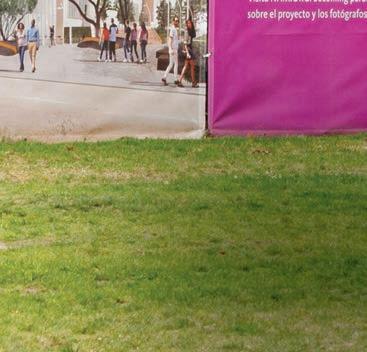
NHM is thrilled to elevate the voices and art of the Las Fotos Project community as one of the museum’s Community Partners.
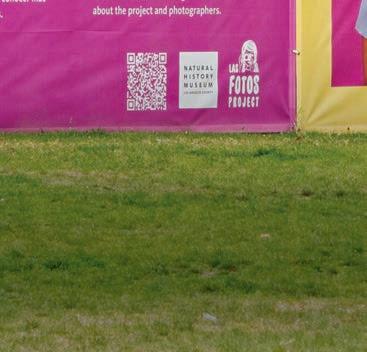
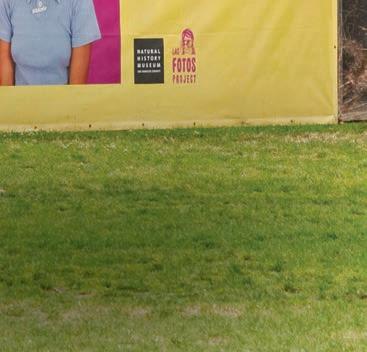

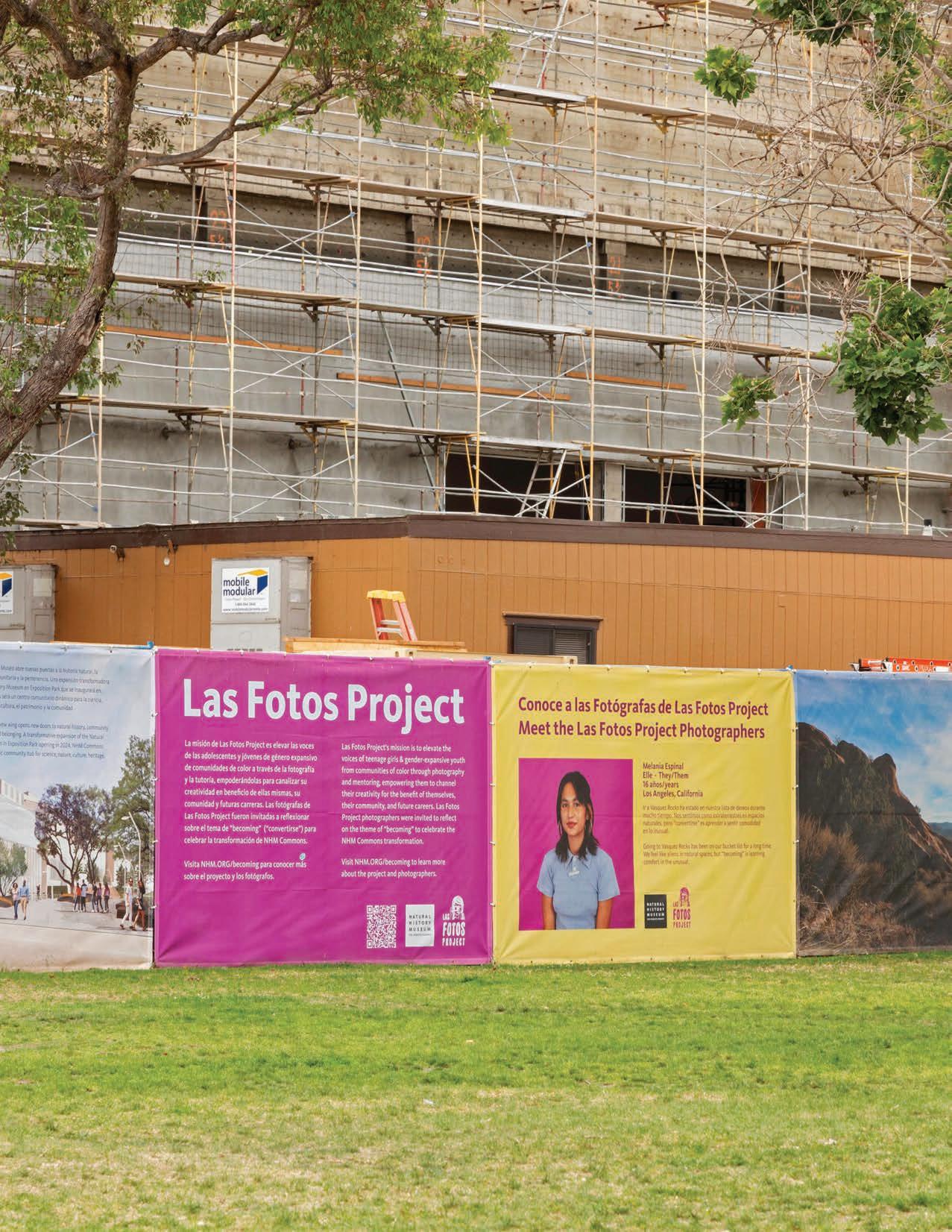


Access
Giving equitable access to everyone along the continuum of human ability and experience. Accessibility encompasses the broader meanings of compliance and refers to how organizations make space for the characteristics that each person brings. (AAM)
Anti-racism
A form of action against racial hatred, bias, systemic racism, and the oppression of marginalized groups. Anti-racism is usually structured around conscious efforts and deliberate actions to provide equitable opportunities for all people on an individual and systemic level. (Singh)
A process that institutions undergo to expand the perspectives they portray beyond those of the dominant cultural group, particularly white colonizers. (AAM)
Diversity
All the ways that people are different and the same at the individual and group levels. Even when people appear the same, they are different. Organizational diversity requires examining and questioning the makeup of a group to ensure that multiple perspectives are represented. (AAM)
Equity
The fair and just treatment of all members of a community. Equity requires commitment to strategic priorities, resources, respect, and civility, as well as ongoing action and assessment of progress toward achieving specific goals. (AAM)
Heteronormative
The belief that heterosexuality is the default, preferred, or normal mode of sexual orientation. It assumes the gender binary and that sexual and marital relations are most fitting between people of opposite sex. (AAM)
The intentional, ongoing effort to ensure that diverse individuals fully participate in all aspects of organizational work, including decision-making processes. It also refers to the ways that diverse participants are valued as respected members of an organization and/or community. While a truly “inclusive” group is necessarily diverse, a “diverse” group may or may not be “inclusive.” (AAM)
GLOSSARY: IDEA TERMS
The interconnected nature of social categorizations such as race, class, and gender as they apply to a given individual or group, regarded as creating overlapping and interdependent systems of discrimination or disadvantage. (Columbia Law)
A concept of ethics and law that means that people behave in a way that is fair, equal, and balanced for everyone. (USCAN)
Experiences that may not have an obvious relationship with a position’s qualifications, but have provided the individual with the knowledge, skills, and capabilities that would allow them to perform the work. (McIntosh & Wright)
A social system in which men hold primary power and predominate in roles of political leadership, moral authority, social privilege, and control of property. Some patriarchal societies are also patrilineal, meaning that property and title are inherited by the male lineage (UW)
A special right, advantage, or immunity granted or available only to a particular person or group. (UW)
A STEAM pathway broadens the opportunity for those who might be interested in seeking museum careers by reaching students and non-students through a variety of interconnected touchpoints. These include: authentic work engagement, mentor support, and career opportunities, each of which can expose and inspire individuals to learn more about the fields of science, technology, engineering, art and mathematics. (NHMLAC)
Short for "translation + creation," is a creative translation process that goes beyond straightforward linguistic conversion of text from one language to another. Unlike traditional translation, where the primary goal is to convey the original meaning accurately, transcreation focuses on capturing the essence, tone, and cultural nuances of the source content while adapting it to suit the target audience's language, culture, and context.
The idea (ideology) that white people and their ideas, thoughts, beliefs, and actions are superior to People of Color and their ideas, thoughts, beliefs, and actions.
GLOSSARY: IDEA TERMS
